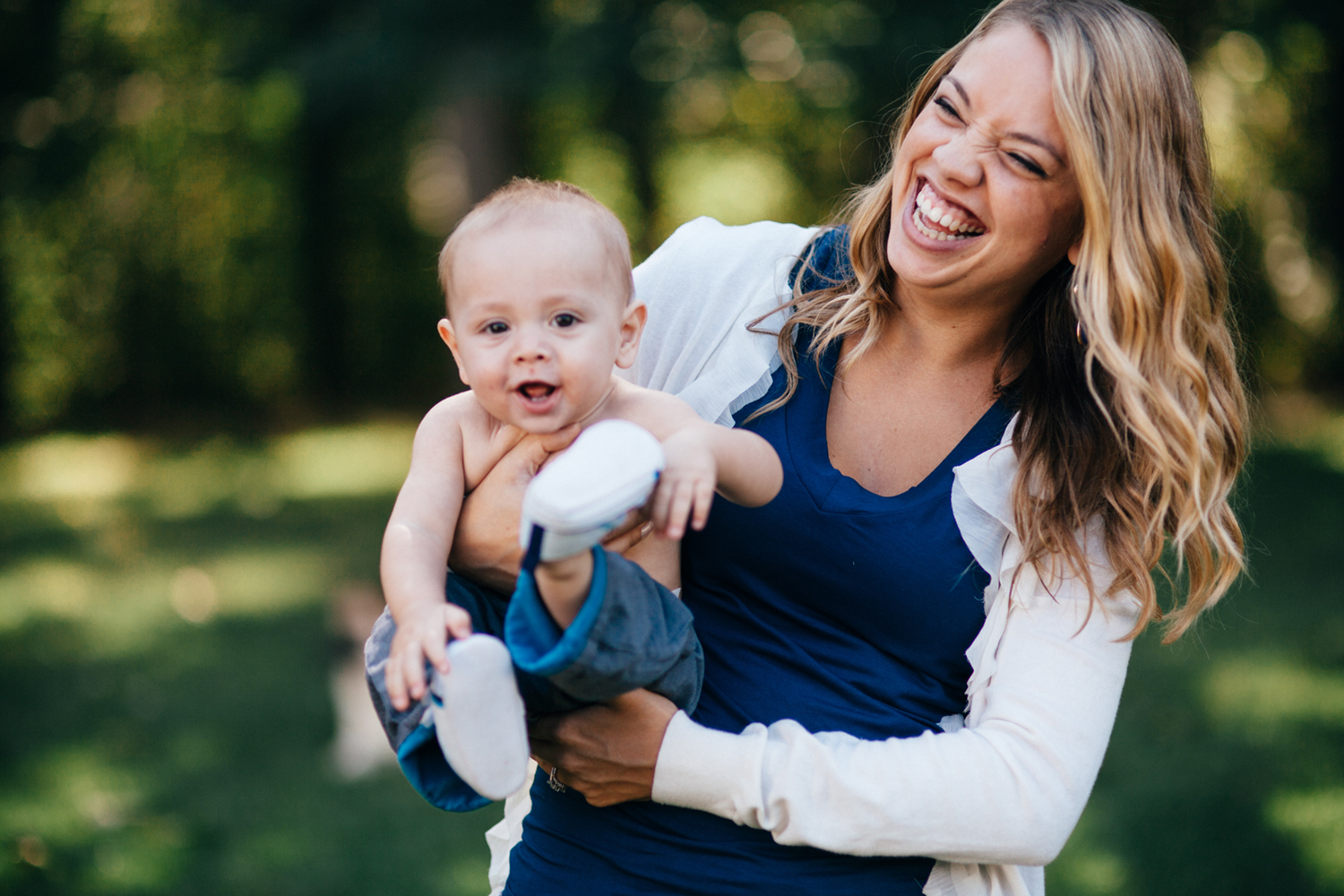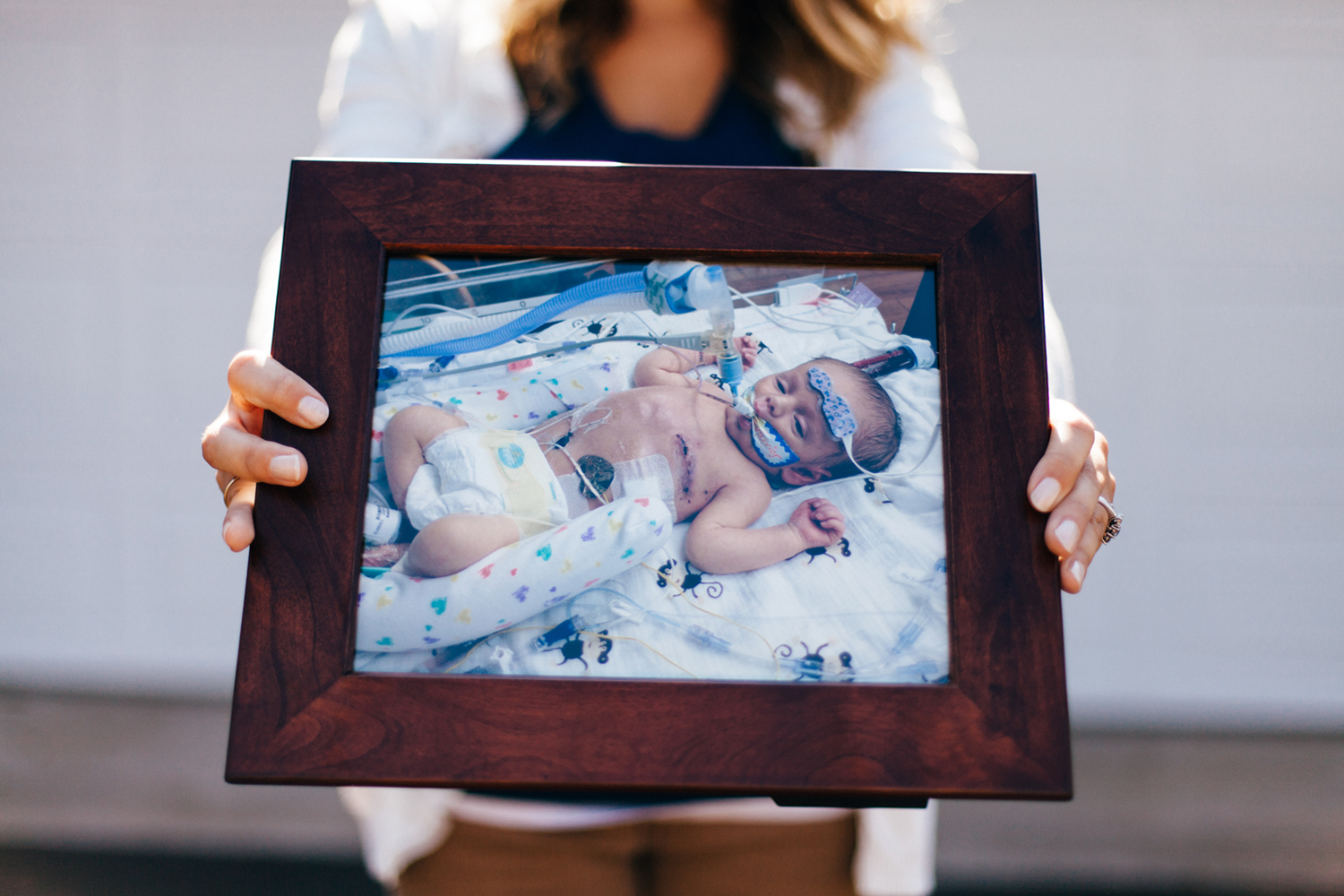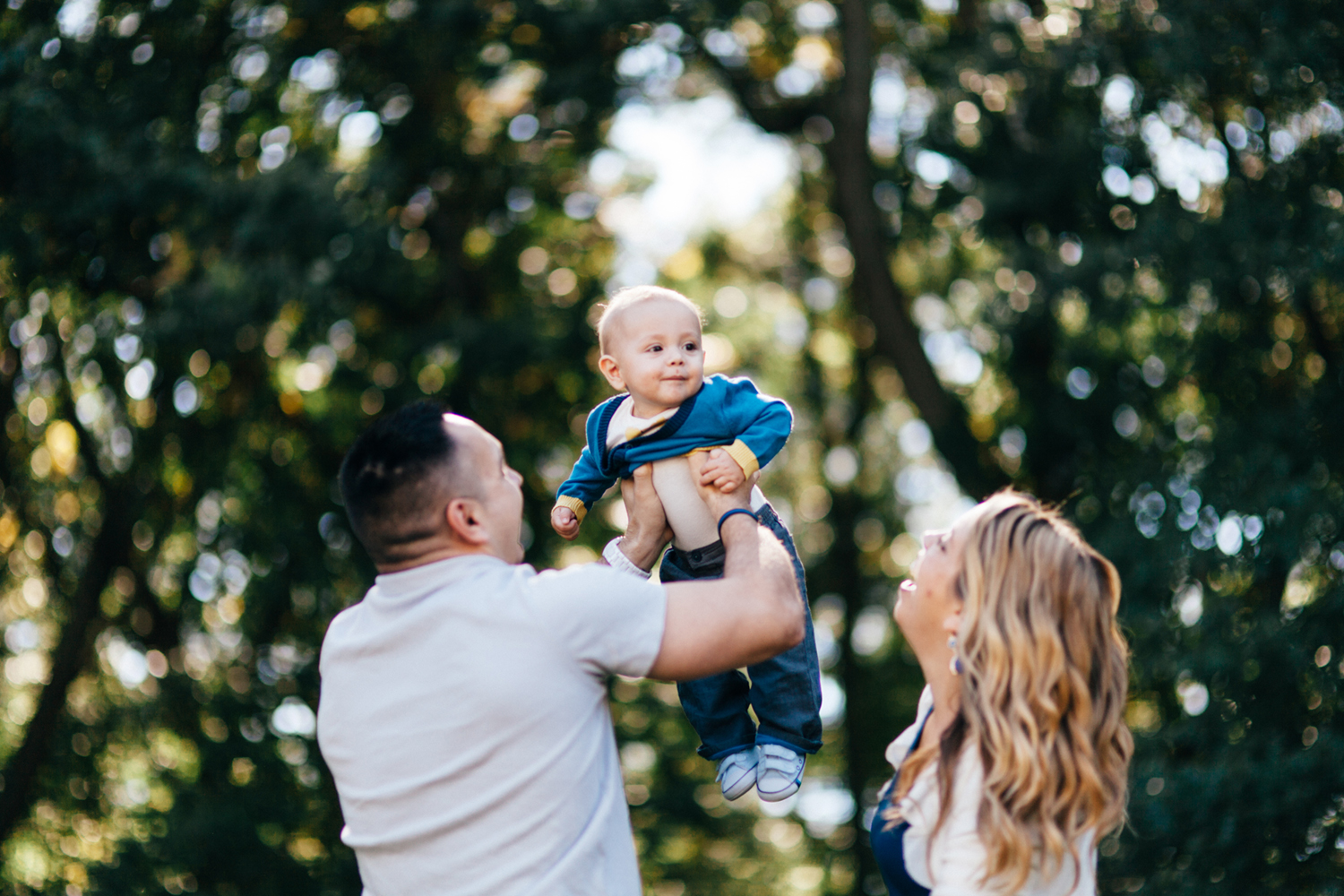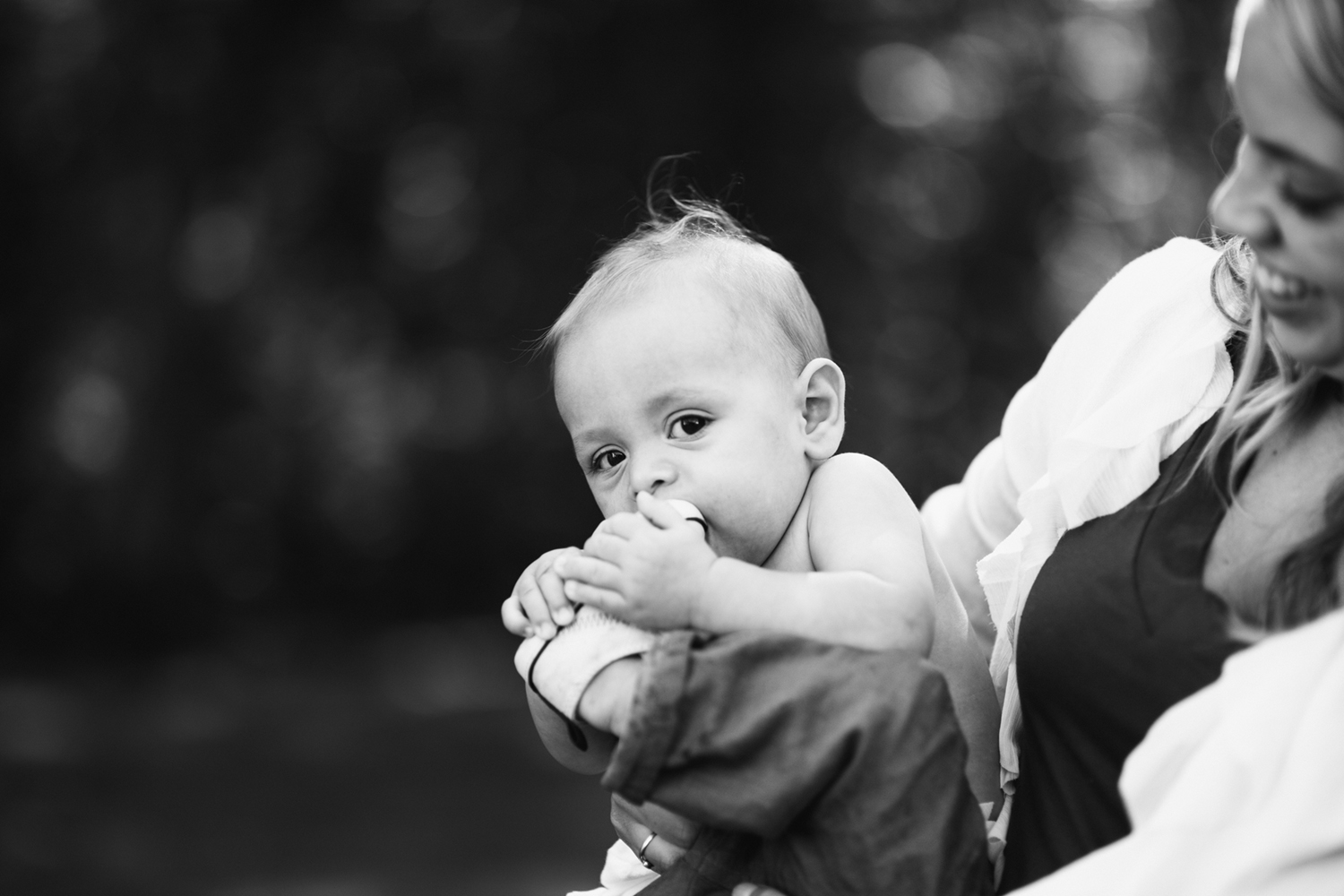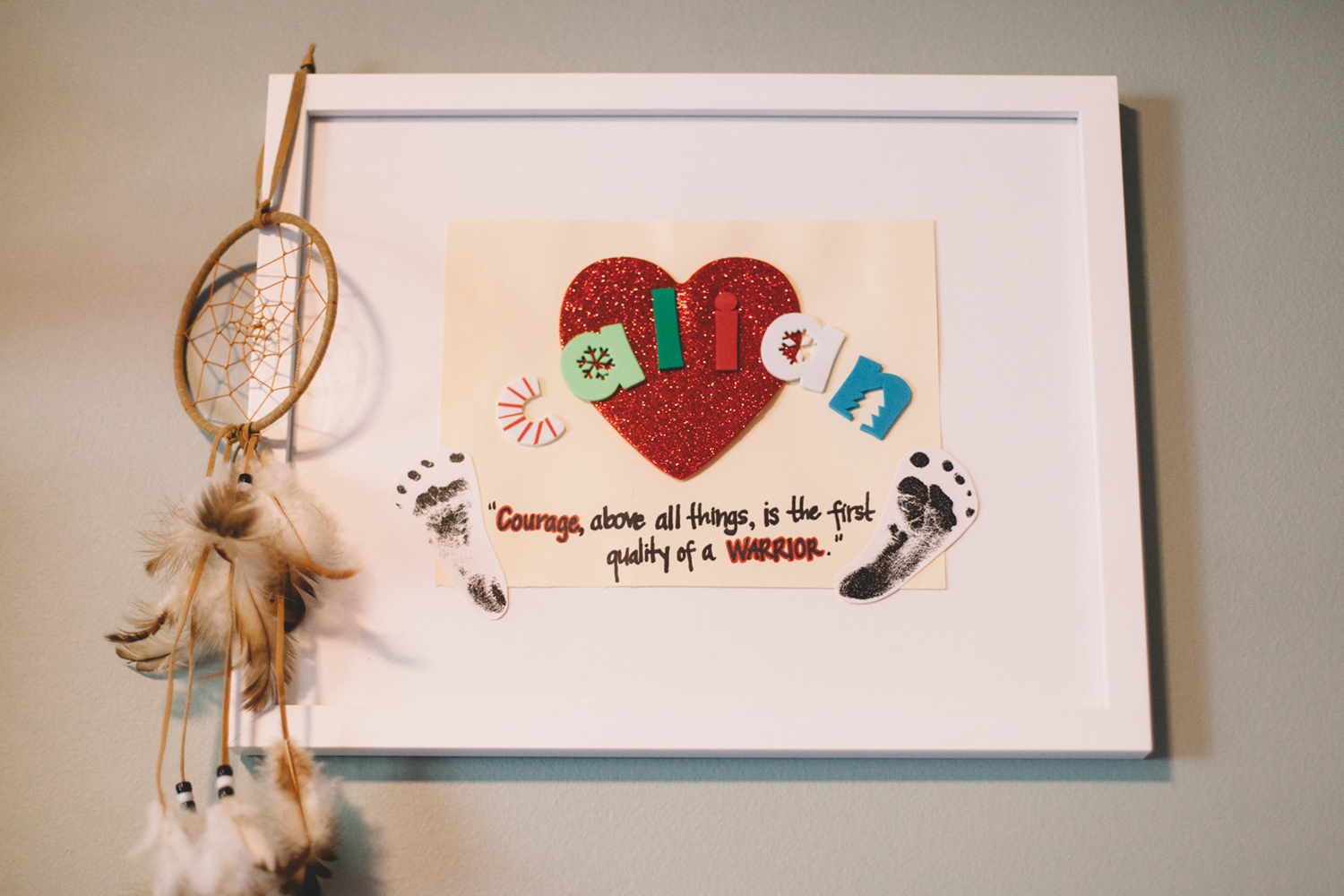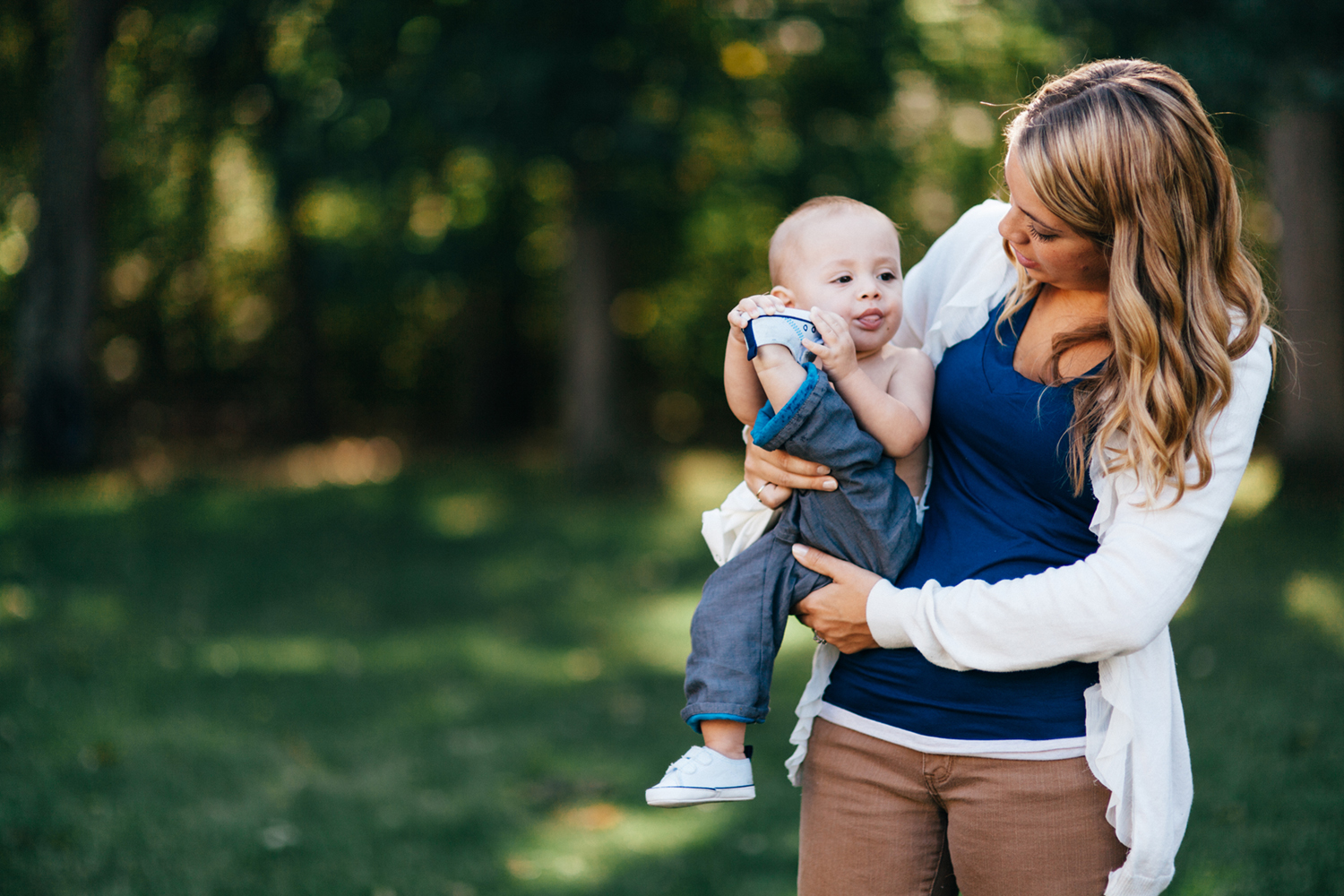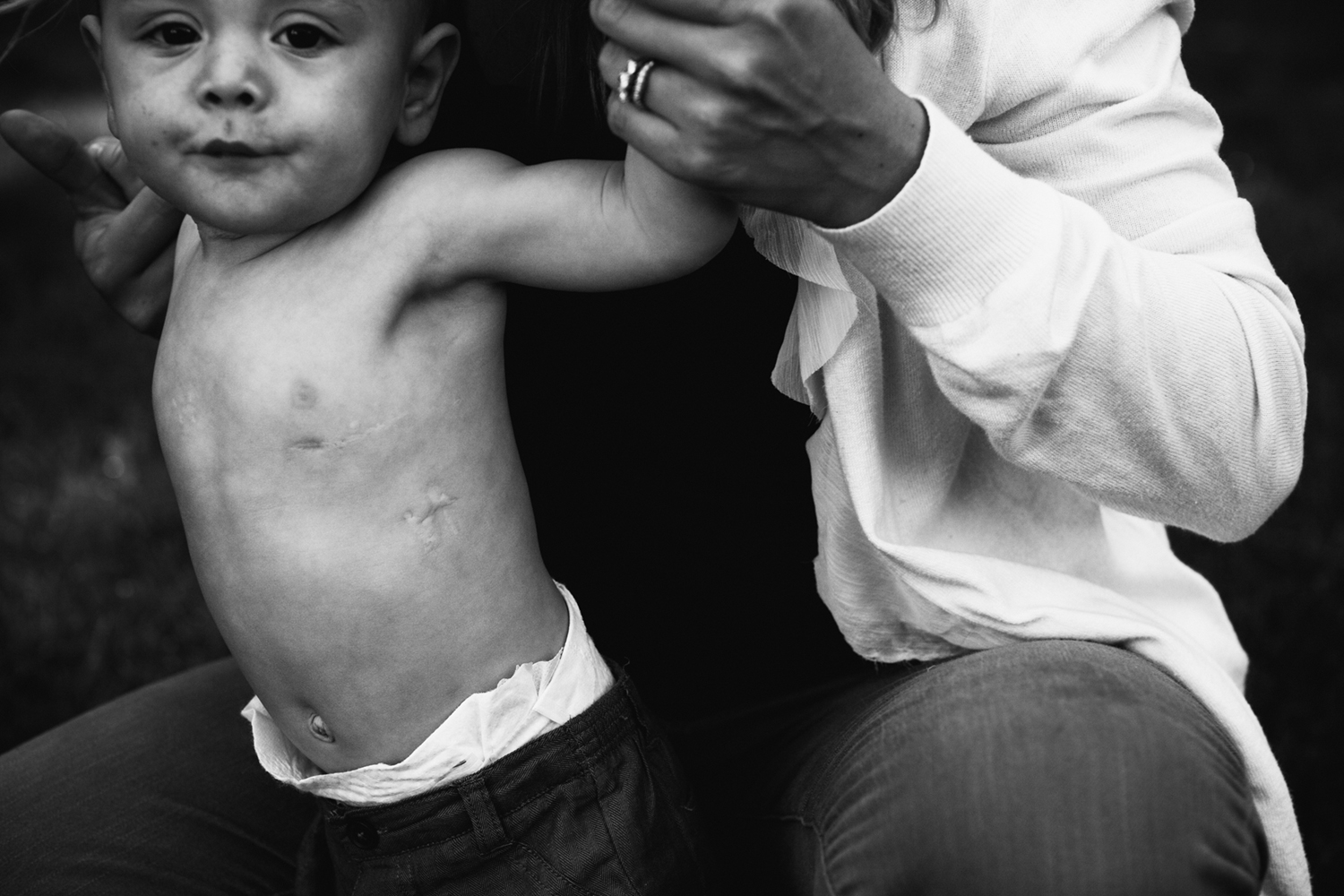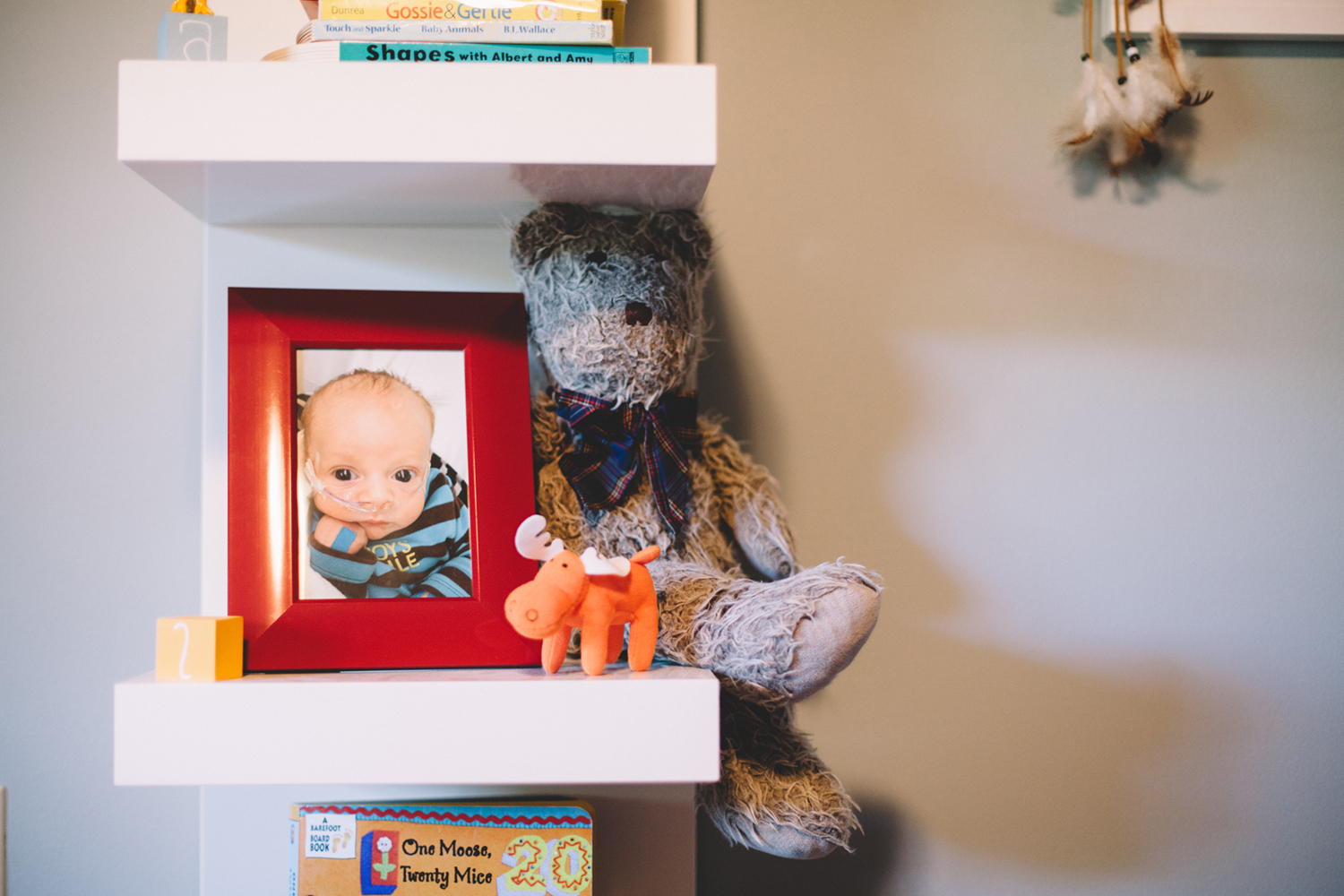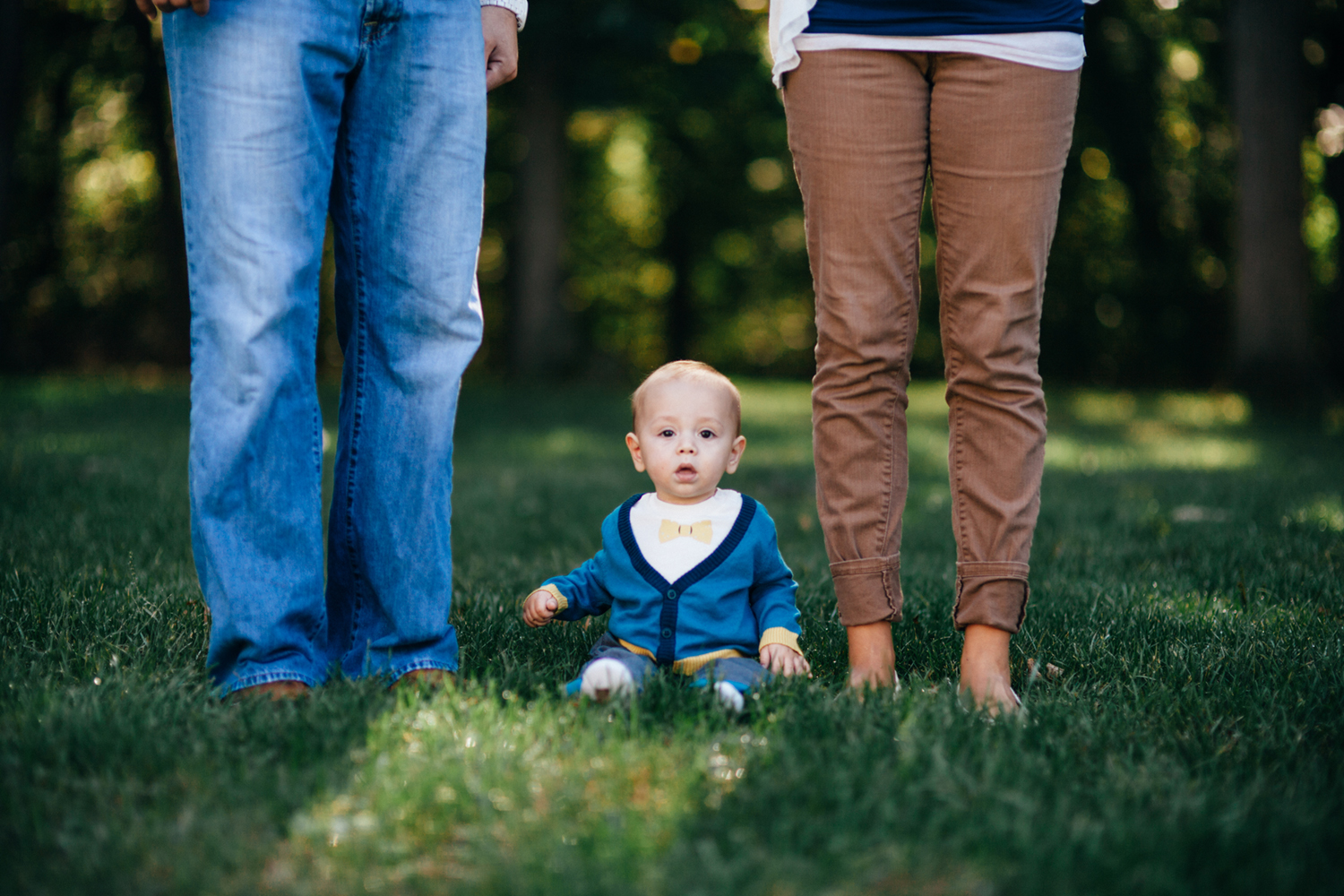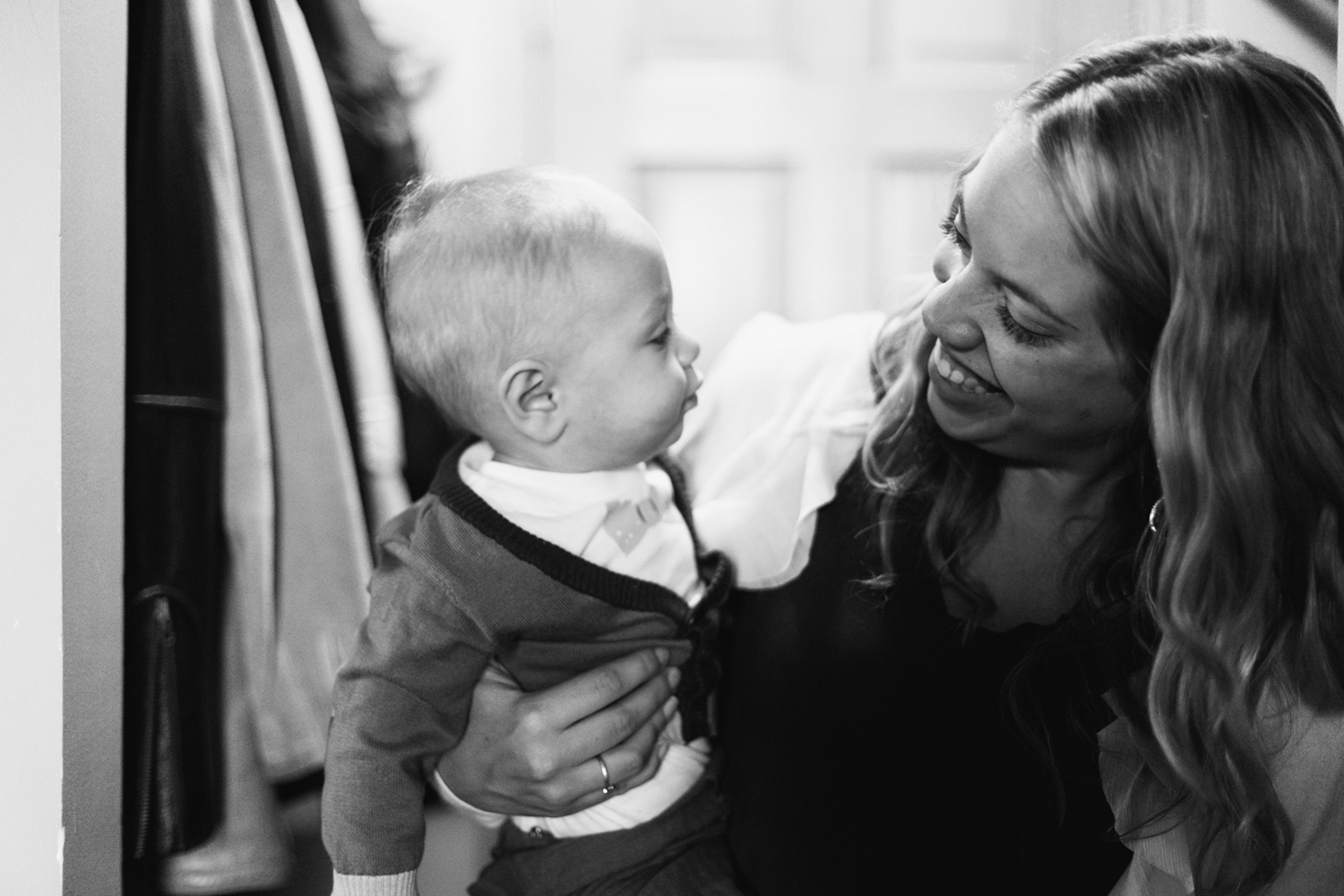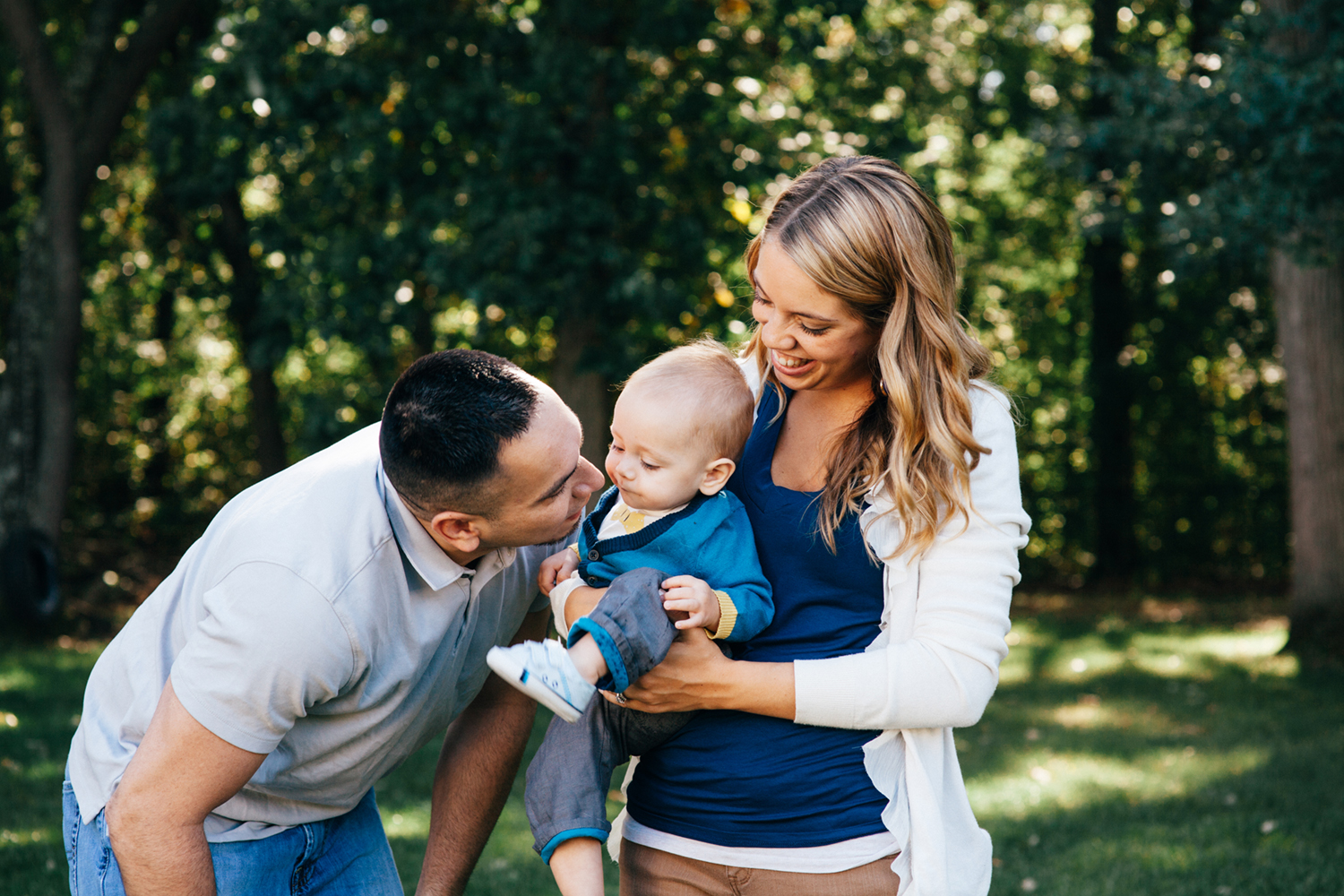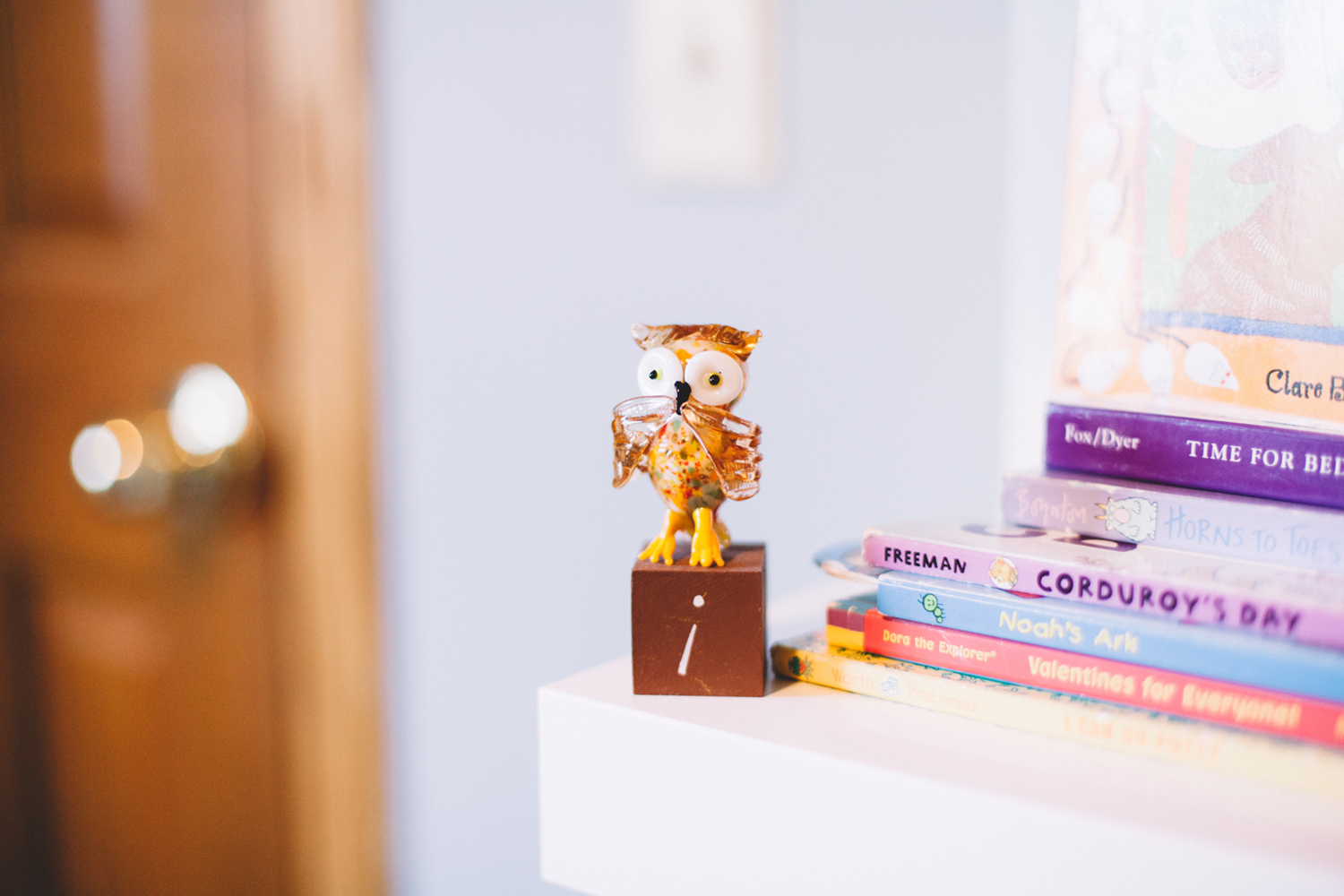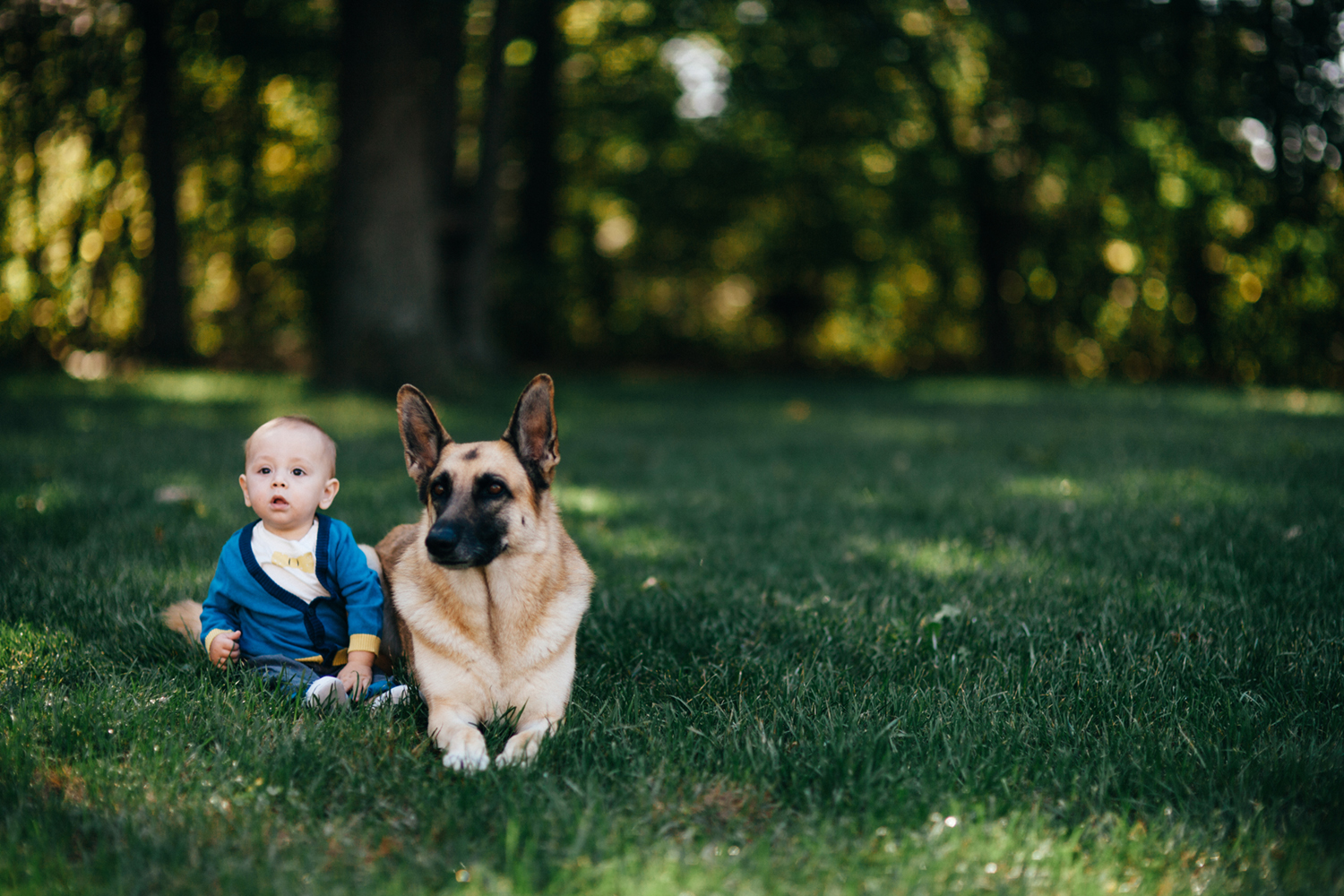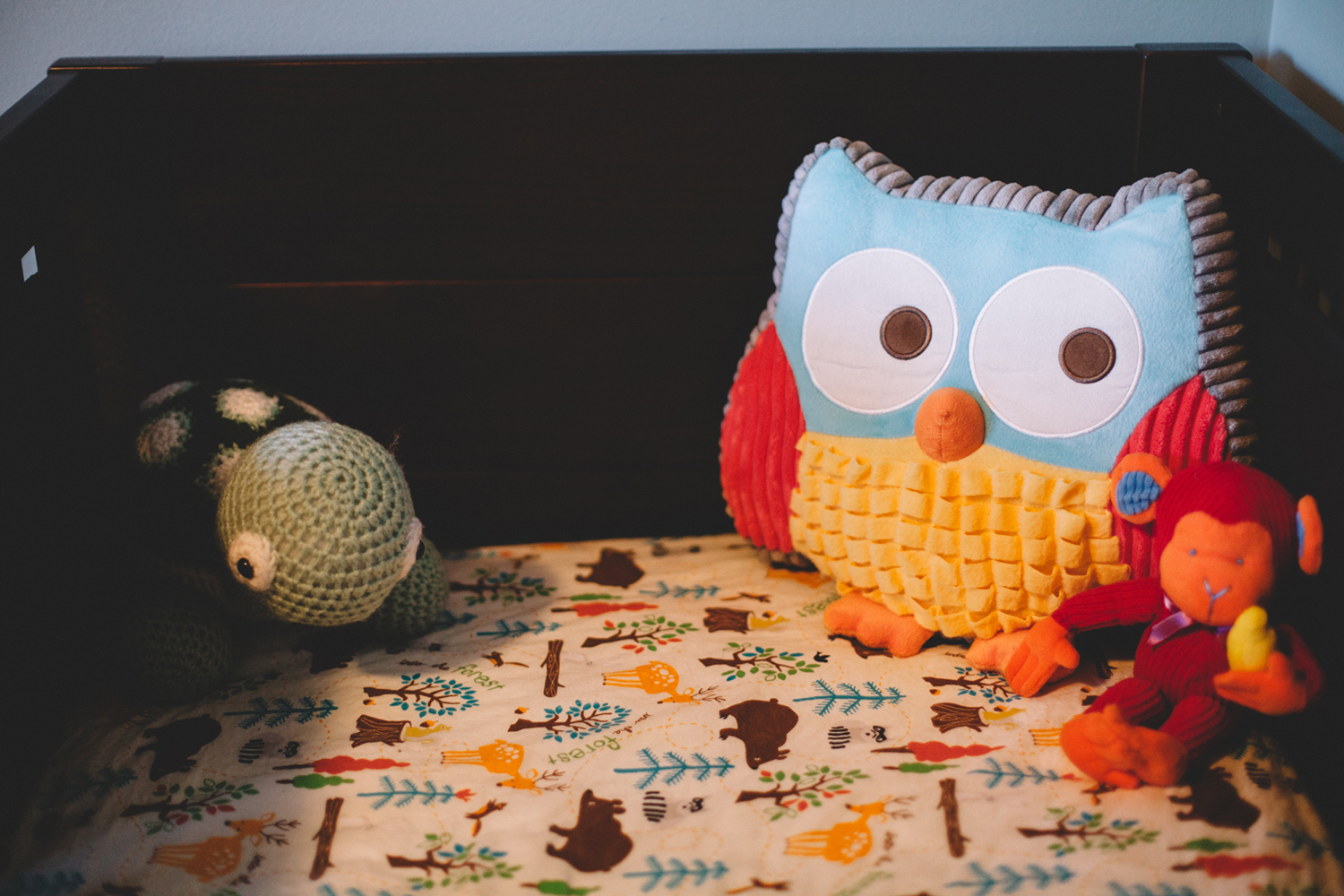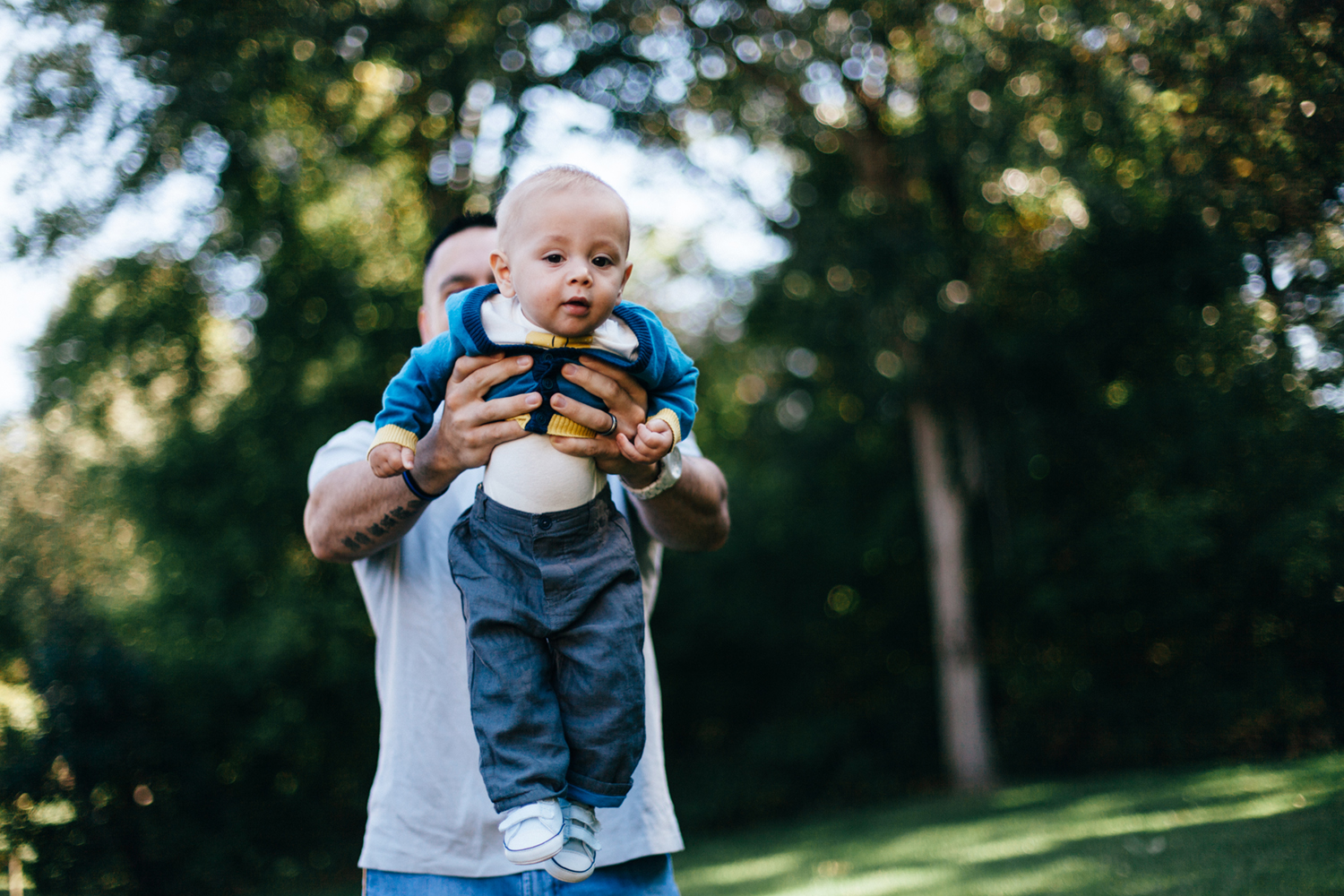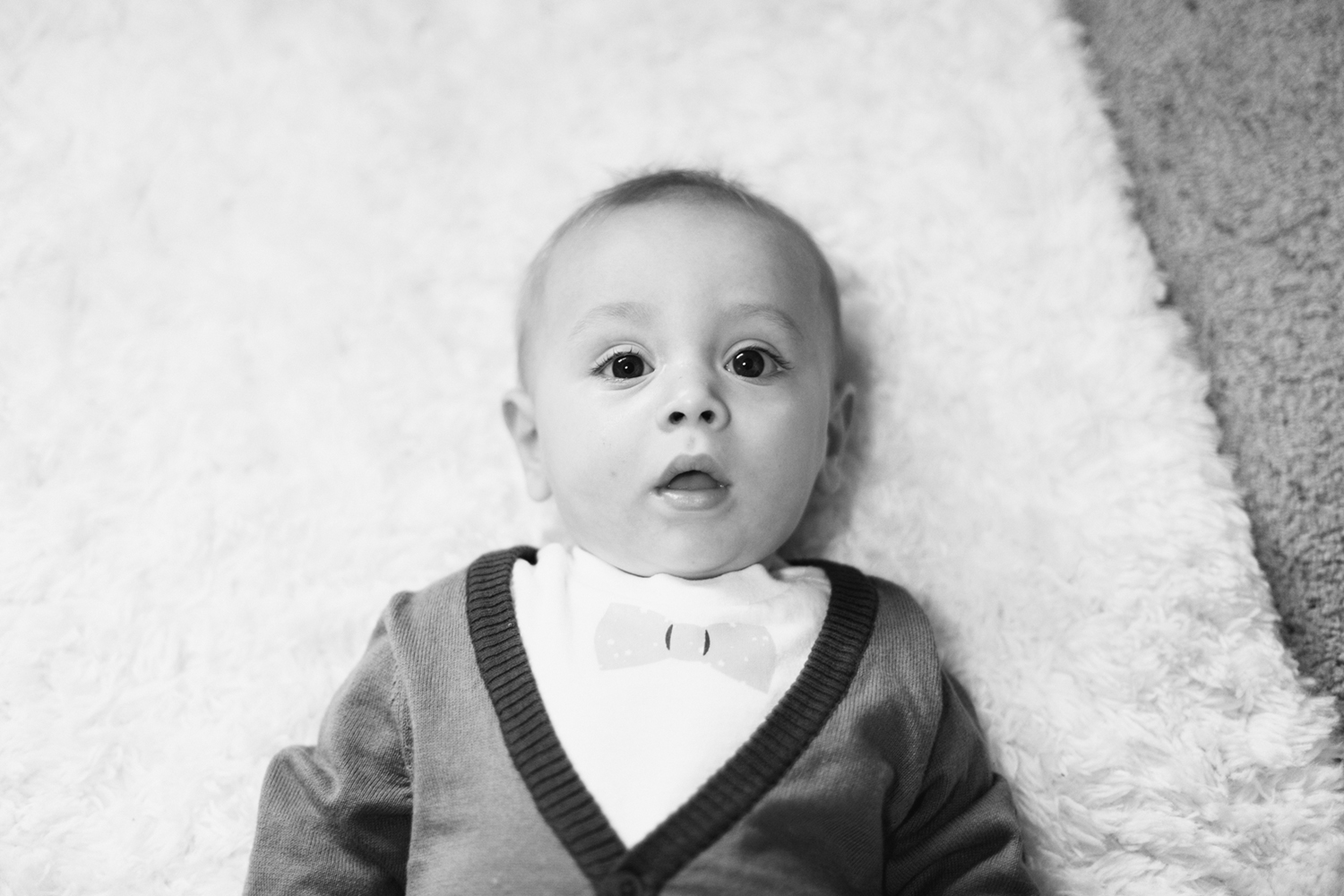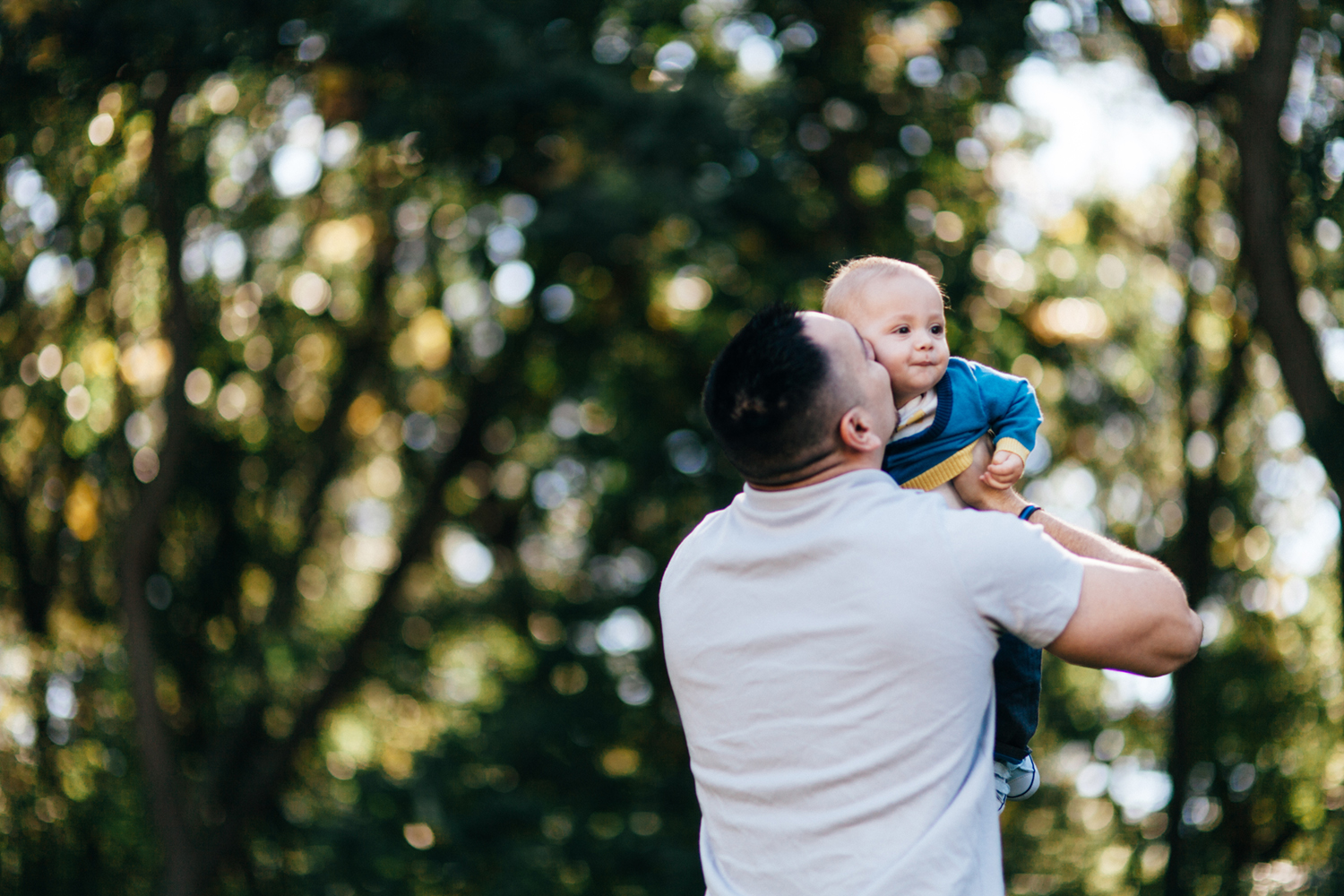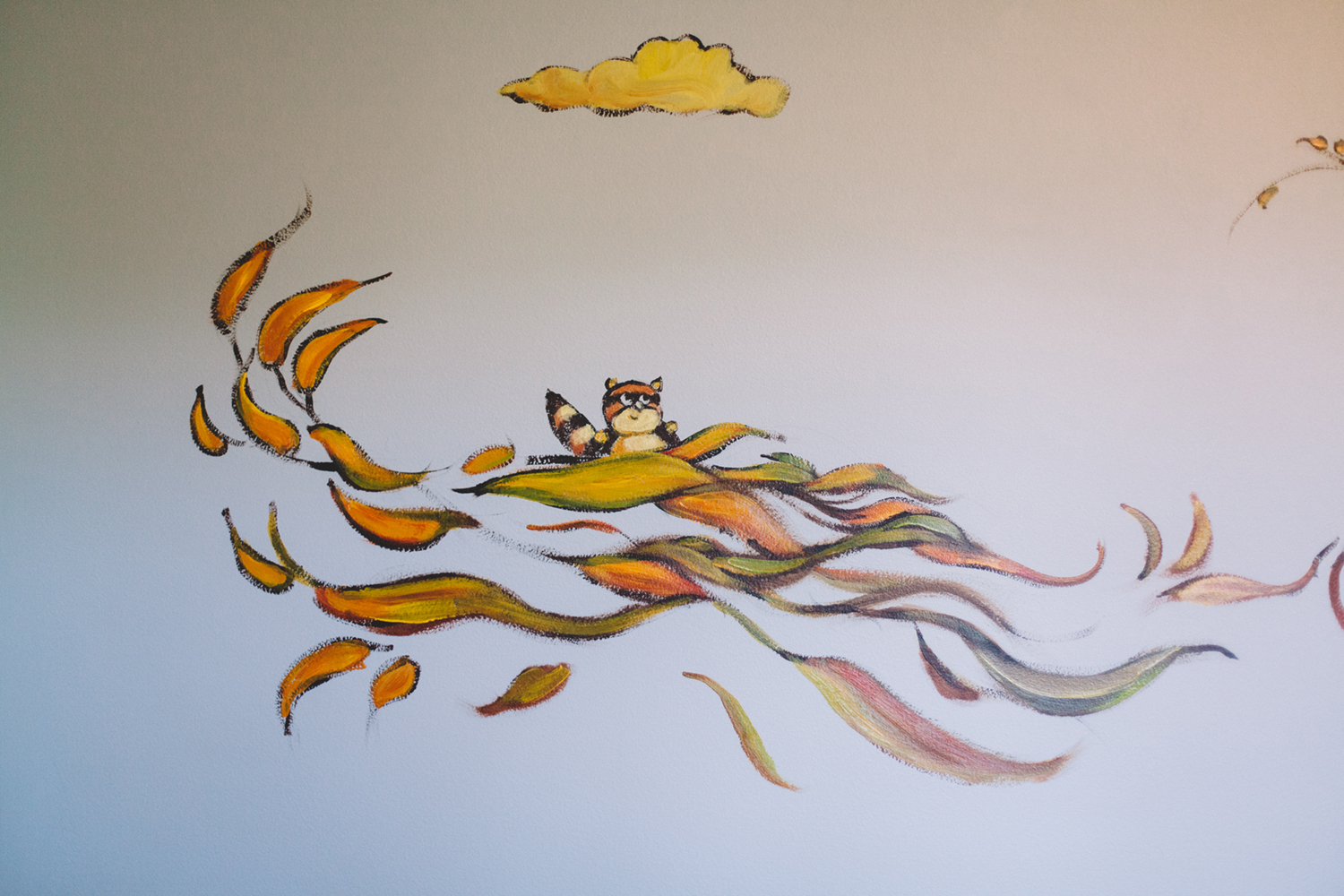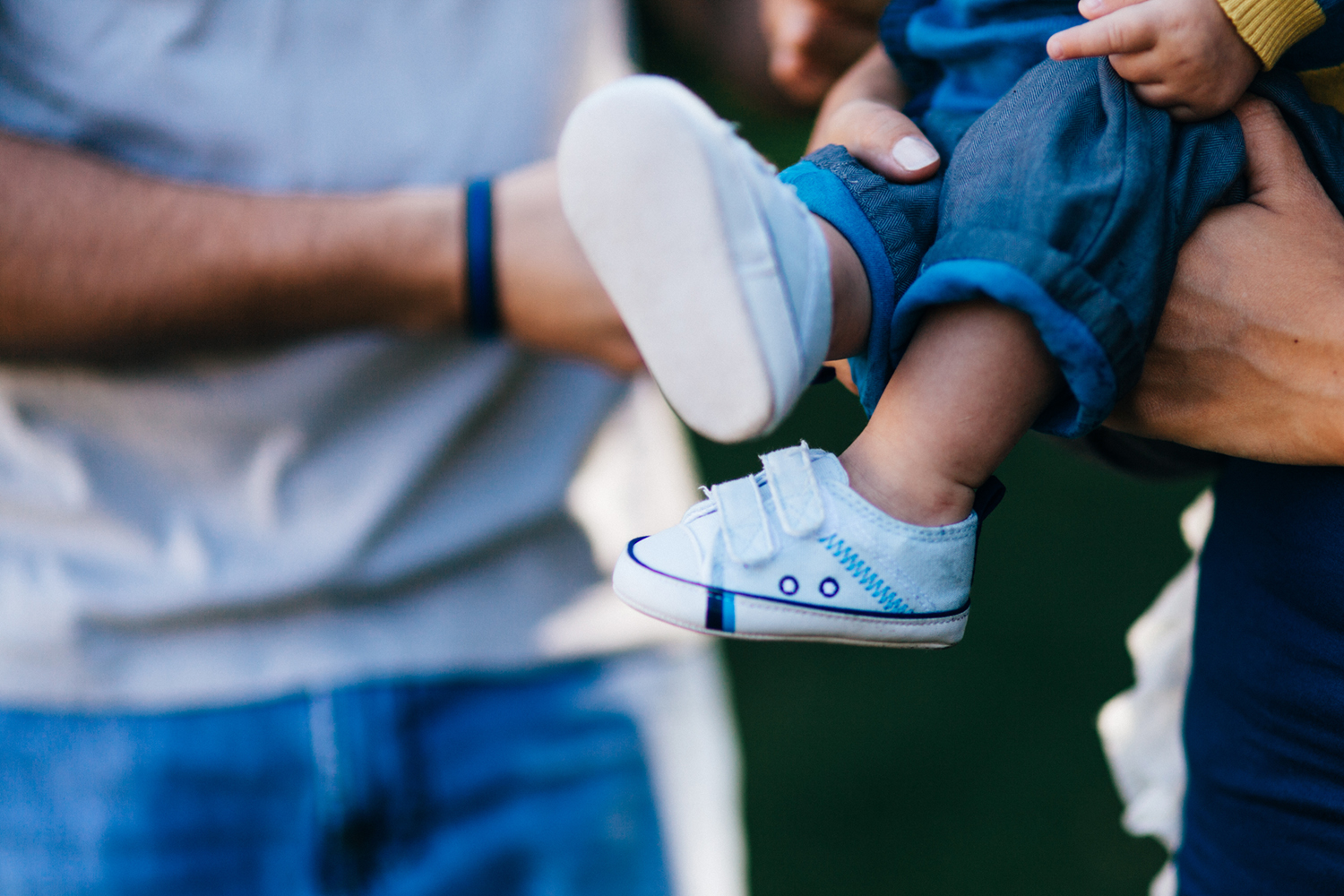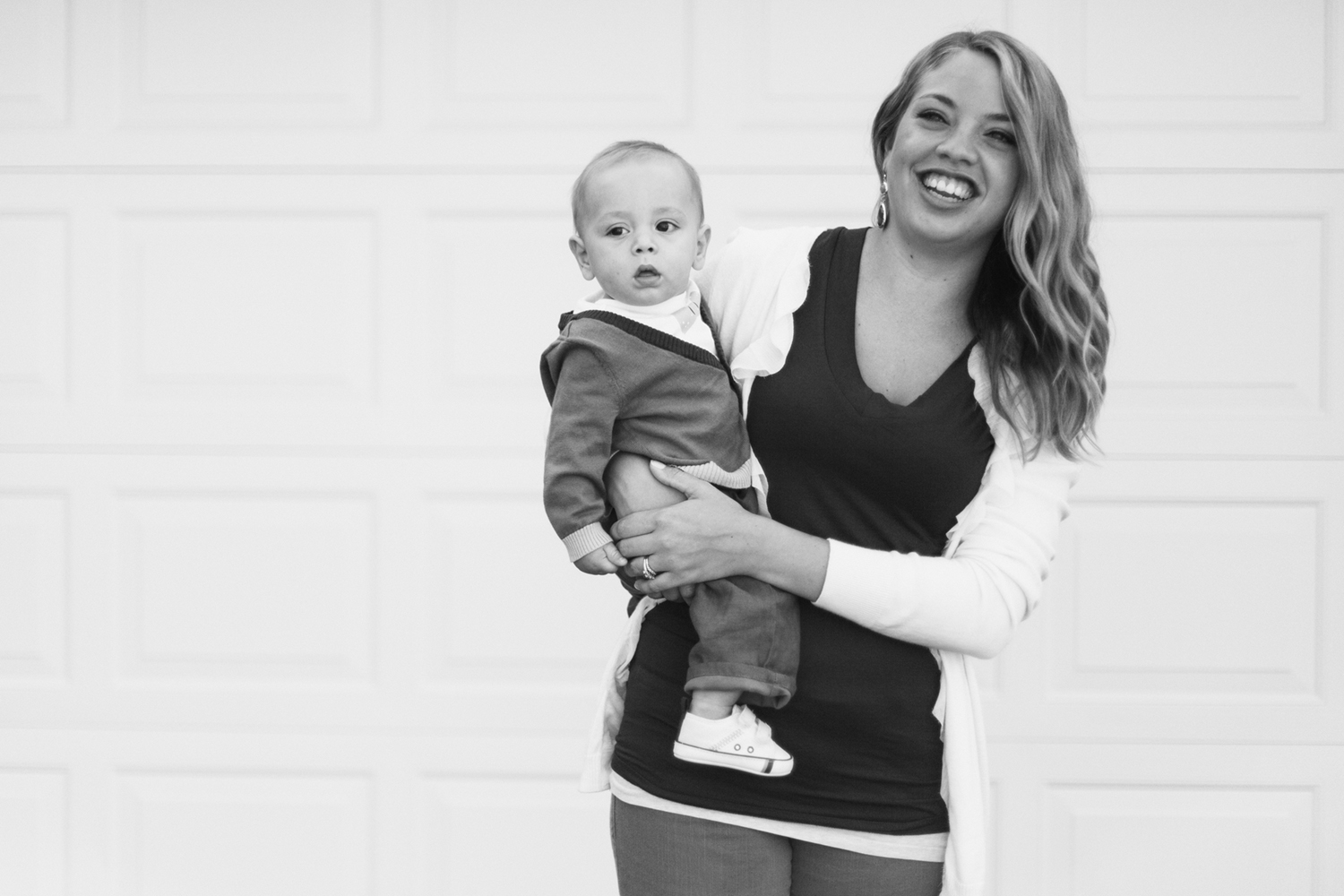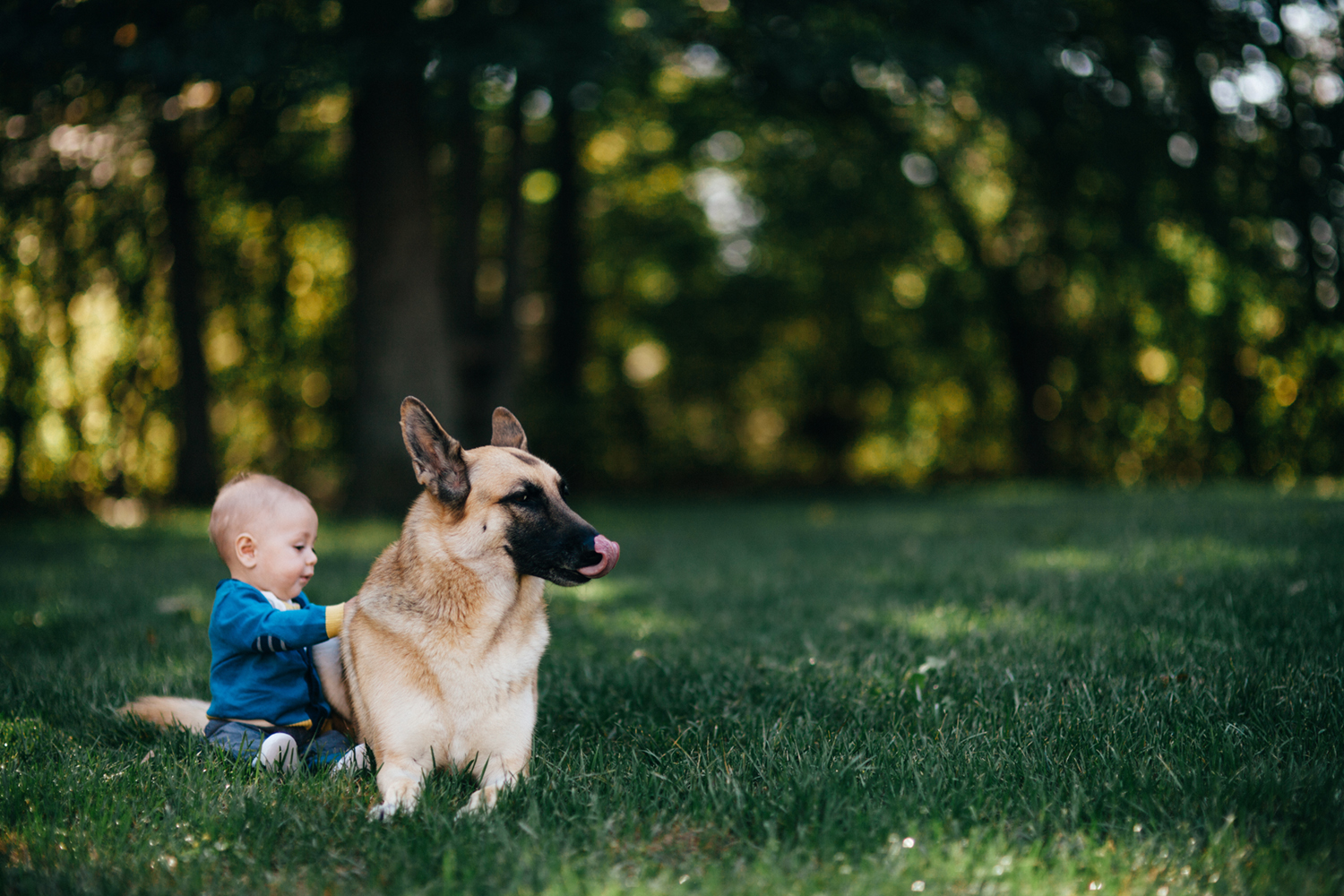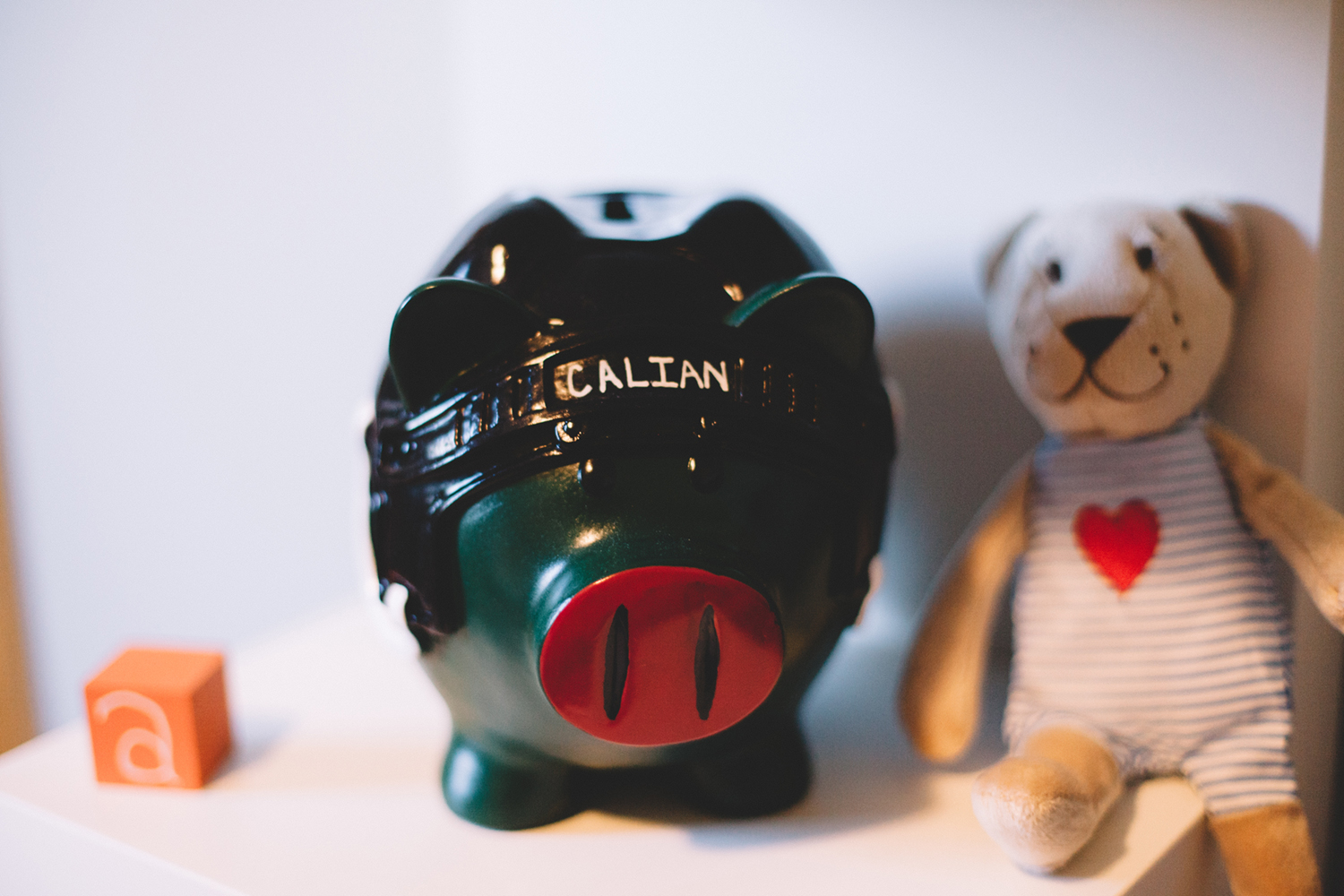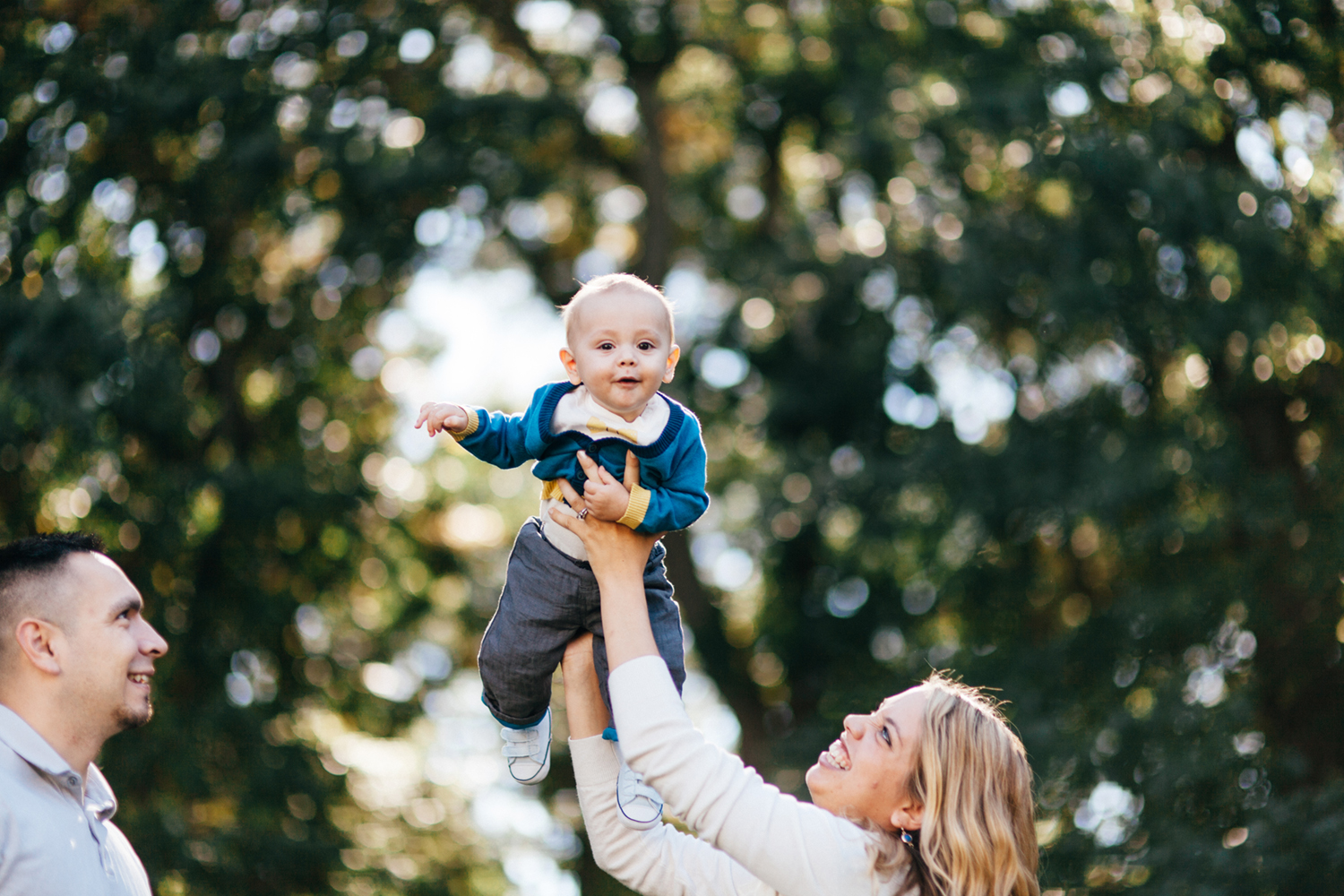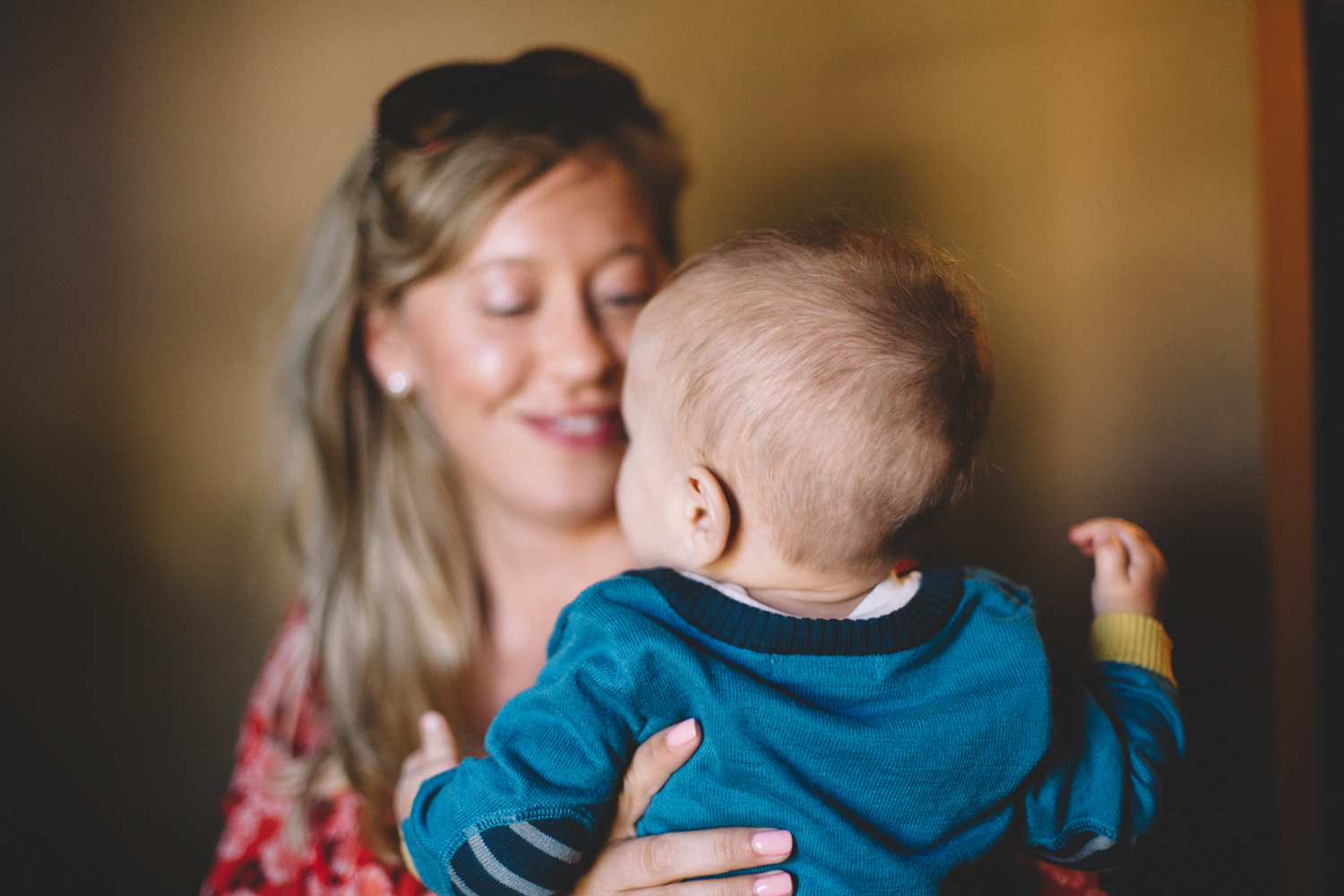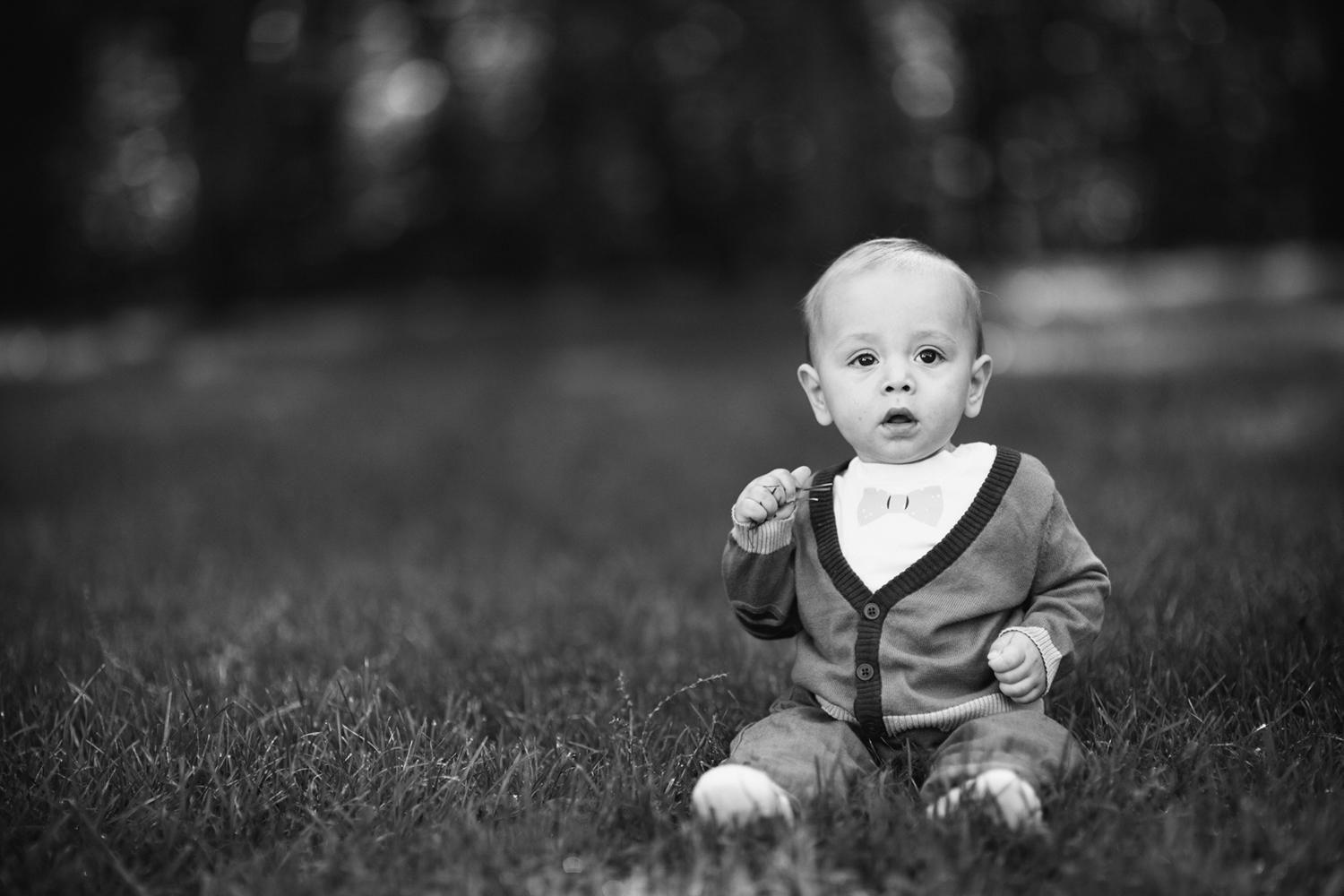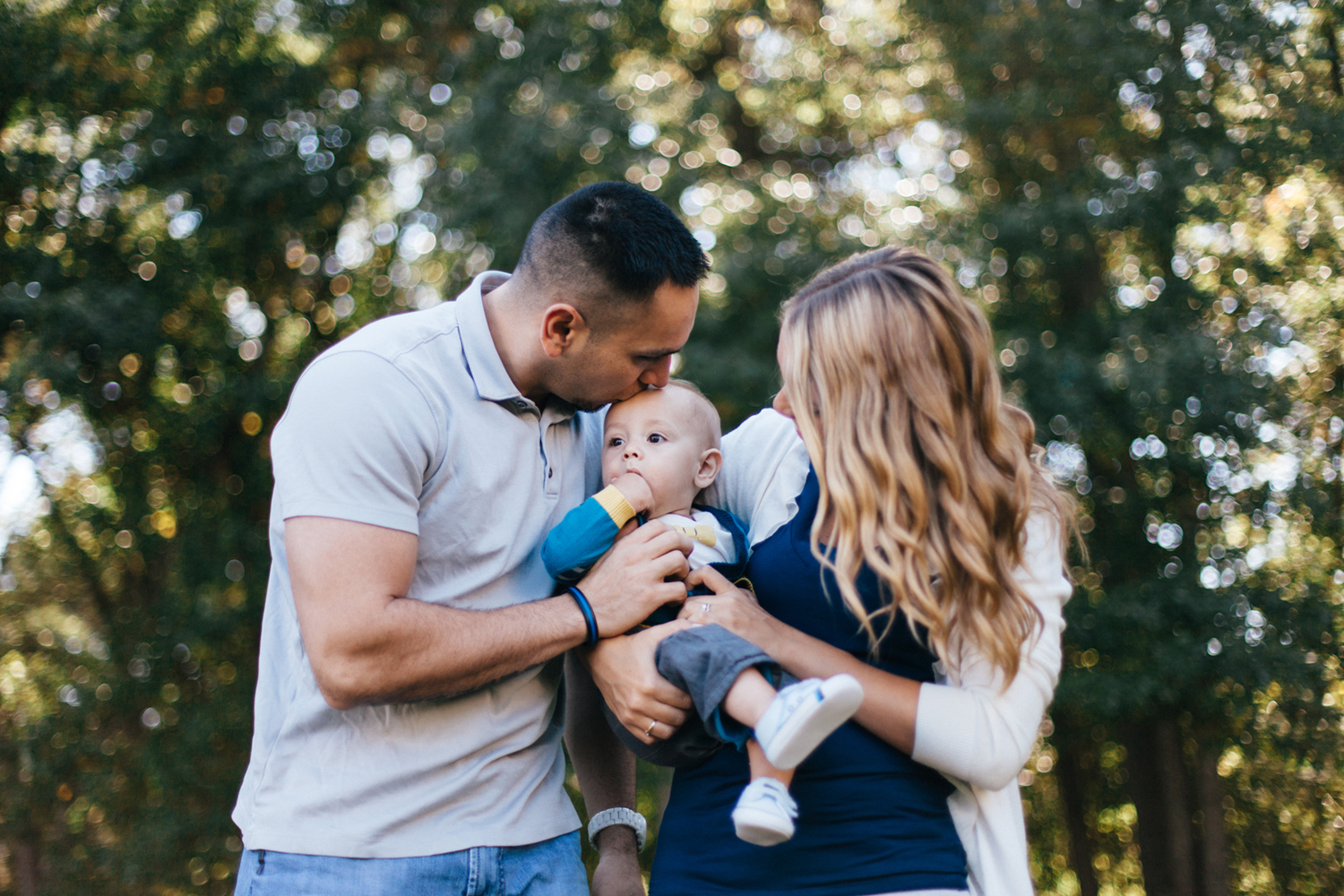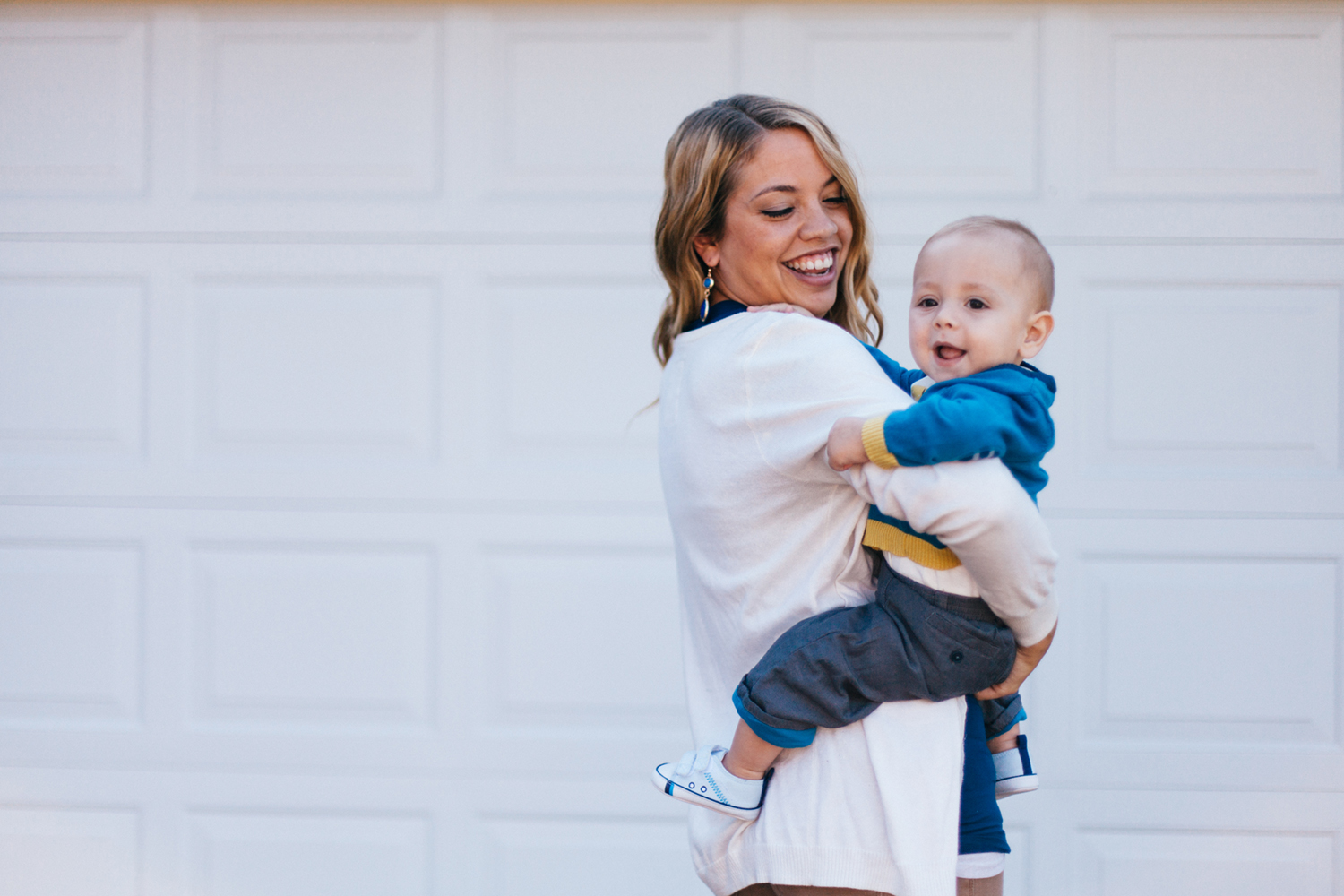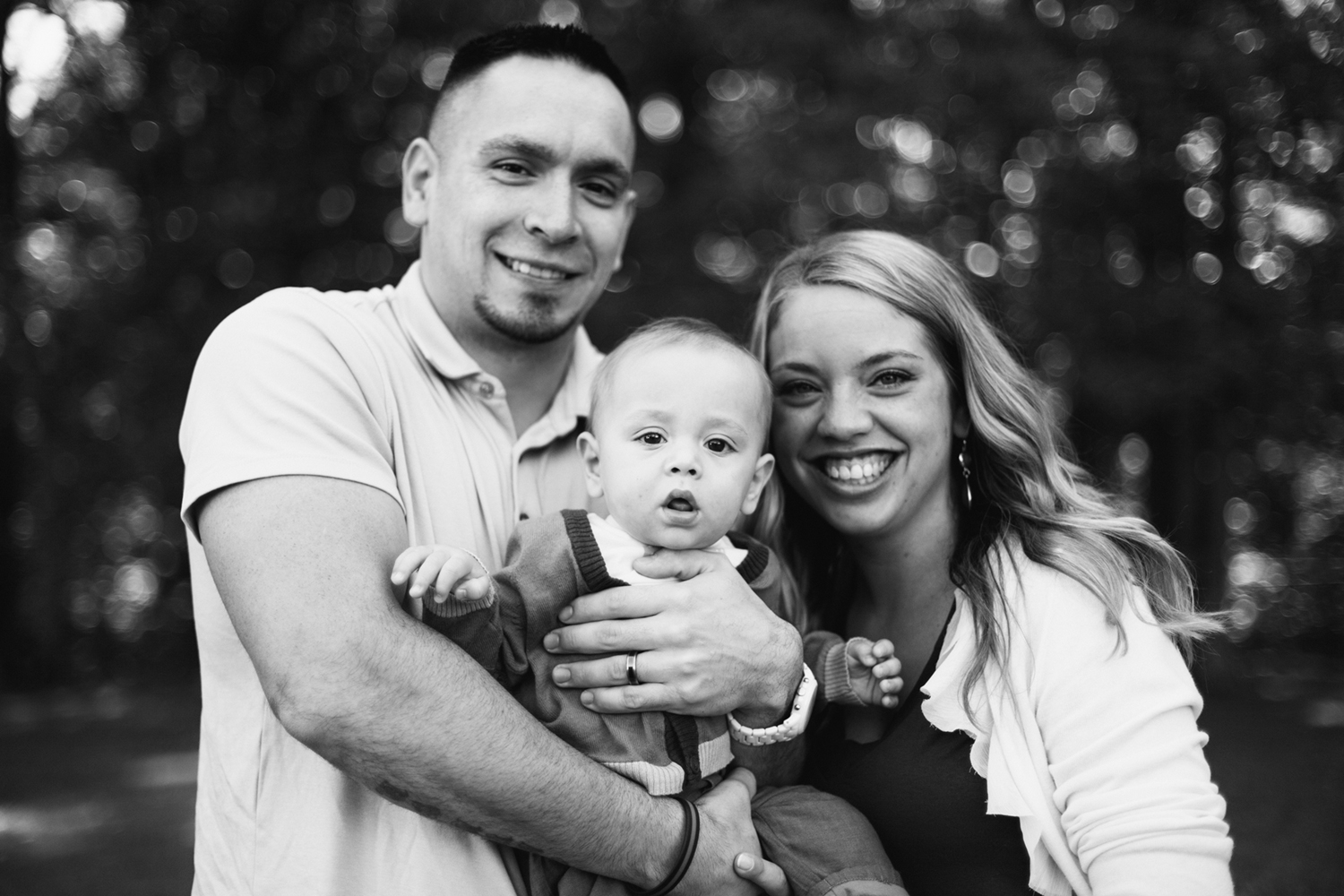LISTEN NOW:
SUMMARY:
In this episode, Keela shares her story about her son’s rare pulmonary hemorrhage at birth.
“There are only two ways to live your life. One is as though nothing is a miracle. The other is as though everything is a miracle.” -Albert Einstein
**UPDATE from Keela (6/20/16):
“Since we’ve last chatted, Calian is doing well. We have learned Calian’s left lung is not functioning or growing with him. This is causing asymmetry of his chest and pushing his heart over, which may cause issues over time. However, his right lung is healthy as ever and is growing large to compensate for his left. He also has some developmental delays, but catches up in his own time. We still do not know the cause for his lung hemorrhage, but the doctors continue to keep a close eye on him and his lung growth.
“Despite these abnormalities, one can live fully well off just one lung. We are happy to report that Calian is healthy and very active, he is strong and we know whatever may come his way he will continue to push through it. He is the sweetest little lover and we are truly thankful for our miracle boy Cal Cal everyday. We are also fortunate to share that we gave birth to a healthy baby girl, and Calian is now a big brother to his one-year-old sister Elora.”
Music: Norah Rendell
CaringBridge: caringbridge.org
NOTES:
[2:16] What is the definition of a ‘miracle’
[6:50] Keela first talks about her emergency C-section
[8:20] Keela talks about her son being transferred to the NICU
[8:55] Keela sees her son for the first time
[9:20] Keela talks about her son’s rare pulmonary hemorrhage
[10:05] Talks about the struggle to keep her son in stable condition
[10:40] Keela talks about the call informing her that her son had a collapsed lung
[11:30] EMCO is mentioned for the first time- son’s “last resort” at 13 days old
[12:25] Keela talks about how the doctors never gave them any hope for their son’s survival
[13:13] Keela sees her son open his eyes for the first time
[14:14] At 24 days old, Keela finally gets to hold her son
[15:30] Doctors are still unsure about her son’s future
[16:36] Keela talks about all of the support they received from people
READ THE TRANSCRIPT:
“At thirty-seven weeks we went in for the ultrasound, and we were there for three days trying to become dilated. It was a little bit of a process, and once I started having small contractions, his [the baby’s] heart rate started dropping. They ended up deciding to do an emergency C-section in the morning. They did the C-section, and I didn’t really know what was going on, because you can’t see, because you have the big screen ahead of you, but normally they would bring him around the screen, and I’d be able to see him, but they didn’t do that. They just left, and I told my husband to go with them, because he wanted to know if he should stay with me or not.
“I told him to go with, and they brought me into another room to recover. I was wondering why they didn’t show him to me, or bring him up to me. Then a doctor came down and told me that he was having a tough time breathing, and his heart rate was low, so they were just doing what they could at the moment. I had to stay, obviously, to recover, and then they brought me up to my room a little bit later. I asked if they could bring me by to see him, because he was in the nursery area where they were working on him, and I just knew I wanted to see him because I knew there was something wrong.
“I felt a little bit groggy, a little bit out of it, but I still knew what was going on. They said that my numbness needed to wear off a little bit from my C-section. During that time I was still waiting to go see him, and finally the doctor came to my room and said that they were deciding then whether they were going to keep him at the hospital by our town in Wyoming, or if they were going to transfer him to the Amplatz NICU, at the University of Minnesota. They decided to send him to the NICU, and the NICU team was coming to pick him up. I knew that he was going to be leaving, and I couldn’t go with him right away.
“About four or five hours after he was born, the NICU had gotten there, and they were working on him; putting IVs in, and sedating him. I kept asking to go see, and everyone said that I could, other than my one nurse. She said, “Nope, I’m not letting her go.” She wouldn’t allow it, and she said, “Hopefully, they’ll come down and show him to you before they leave.” They finally wheeled him down to me, but he was in the incubator, and they got to push it up to my bedside. I got to hold his hand for a minute, but then they had to leave. It was amazing being able to see him, but I was so sad I couldn’t see him awake, or anything like that, because they had to leave.
“When he was born, it turned out that he had a pulmonary hemorrhage, so he was bleeding into his lungs, and that’s why his heart rate was low and he wasn’t able to breathe. One doctor came in and said she’d never heard of such a thing. She really didn’t have a very good outlook on it, and said it was very uncommon. The next morning they let me leave, even after just having had a C-section the morning before. We got to Amplatz, and we saw him there. He was in his little NICU space, and he was definitely fighting for his life, and they were just trying to keep him stable.
“My husband and I found out that he was in such serious condition that they were going to give us a room at the hospital to stay. You can’t stay in the NICU with him, because he’s in with other babies. Basically, the first week, week and a half, was just trying to keep him stable. You’d have days where finally they’d get his heart rate to stay, his oxygen to stay. He was still intubated and sedated, and paralyzed. If he moved, or did anything like that, it would raise his heart rate, and it would make him a lot more unhappy because he was so uncomfortable, so that’s why they kept him sedated and paralyzed.
“After a week and a half of ups and downs, we got a call from the doctor that something had happened; his lung had collapsed, so they said at that moment they would be putting a tube into his lungs to let the liquid in there out, and to help re-inflate his lungs. They did that. We had to rush down and give them our consent, and sign a paper that said they could do that. They did the surgery. He did well, and was still sedated and paralyzed after.
“We went back to bed, and the next morning when we got up his lung was still bad, so they decided to put in another tube to try to help, so now we had two lung tubes in. Later that afternoon, he wasn’t getting better, so they called in a specialist and he came in and said they wanted to put in another tube, but it would be a bigger one. They always talked about this chance of ECMO [extracorporeal membrane oxygenation], and if that was to happen, it would be a very serious thing. And if they chose to do that, either he would be able to live, or he would pass because they couldn’t do anything more for him.
“ECMO isn’t an acronym for a heart-and-lung bypass. It’s a last resort if they’re unable to do anything more for his failing respiratory system. An ECMO would give his heart and lungs a break. A machine would run as his heart and lungs. That would give them time to figure out what was making him so sick, because there was nothing more that they could do. It would pretty much give them a chance. When he was thirteen-days-old, we got the call that they were going to put him on ECMO.
“Only a few days into this whole process, when they saw my husband and I tearing up after we had heard some news, the doctors said, “I understand you know what’s probably going to happen now,” and you could tell that they didn’t think he was going to make it. Just hearing that was horrible. The doctors never gave us any hope his first few weeks of life. They never once said, “When he makes it.”
“One doctor told us, “If we’re doing too much, just let us know and we’ll let him go.” That was also something crazy to hear, but we were like, “No, if you think you can keep doing more to help him, keep going.” You could tell that they didn’t think he was going to make it. It was a horrible process of them doing that, and you’re just trying to stay so positive, and just try to look at the good, and keep hoping.
“The next day, they were able to turn off his paralysis medicine for a little bit, and when my husband and I got down [to him], we got to see him open his eyes for the first time. It was a pretty amazing thing. He just looked right at me and my husband, and we got to see him for a little while until they had to put his paralysis medicine back on, because they didn’t want him to be moving too much. So that was great. Things were going better while he was on ECMO, but it was still just a kind of wait to see if his body could recover.
“Three or four days later they started having trials, turning the ECMO down, and off, because a child can only be on it for a couple of weeks, otherwise, it’ll start causing brain bleeds and other things. They started doing these trials, and once they did, it was pretty scary, because no one knew if he would be able to recover off of ECMO. Once they took him off, he actually did pretty well, and they were really impressed. We got to hold him, then, the next day, for the first time. So at twenty-four- days- old, he got to be held for the very first time.
“He was still intubated, so it wasn’t a big, close cuddle, but you got as close as you could, and we got to hold him, so that was amazing. I mean, twenty-four days to wait to hold your son is far too long. We got to bring him home on March 3rd, which was actually two months from his birthday on January 3rd. When we brought him home, he was actually only eight pounds, at two months old. He was a small guy when we brought him home.
“During the first couple of weeks, he had nutrients through an IV, and then, eventually, they put a tube down his throat, or in his nose, to feed him milk that way. Since I was unable to breastfeed him, I had to pump, so I was pumping every two-to-three hours to keep my flow up, in hopes that one day, when he was able to eat, that I could feed him. I kept that going. I was lucky with a good flow, because under stress they say it’s really hard to do that.
“The scary thing was the doctors were never able to find out what caused his hemorrhage, and they never knew what the rest of his life would hold for him…and they still don’t, but he’s been recovering great since then. Anyone that sees him, you would never know, other than the multiple scars he has. You would never know anything happened to him. We go to the doctor quite often, and they always do another x-ray to check his lungs, and they’re still recovering. They still don’t look like normal lungs, but he doesn’t show any sign of it affecting him, so we’re going with it, and hoping for the best.
“While he was sick in the NICU, we were getting so many people who wanted to know what was happening, which was great, and lots of calls and texts from people wanting to know how he was. But there was so much to handle in the NICU, that I found a website, Caring Bridge, which is a website for people that are sick. You can just keep people updated with, so I started writing in Caring Bridge for Calian every night, or during the day, so that people could be updated with what was going on.
“The support we found through all of this was amazing. His story got pushed through so many different people; people in other states, and all around the country were praying for him, and all
the people that came forward and spread the word were amazing. We definitely learned not to take things for granted. Every little thing, especially with a baby, it means so much: changing their first diaper (which we weren’t able to do for a few weeks), just touching them, holding them. Don’t take things for granted. It’s an amazing process when you’re so lucky to have a child.
“I love being a mom. It’s amazing. I wouldn’t change it for the world. Especially with everything he’s been through, it makes me appreciate life so much more. Miracles do happen, that’s for sure, because he’s definitely a miracle. Some of the doctors told us he was the biggest turn around they’d ever seen, one of the biggest miracles they’ve seen, so that’s pretty amazing to hear. It really does happen.” •
